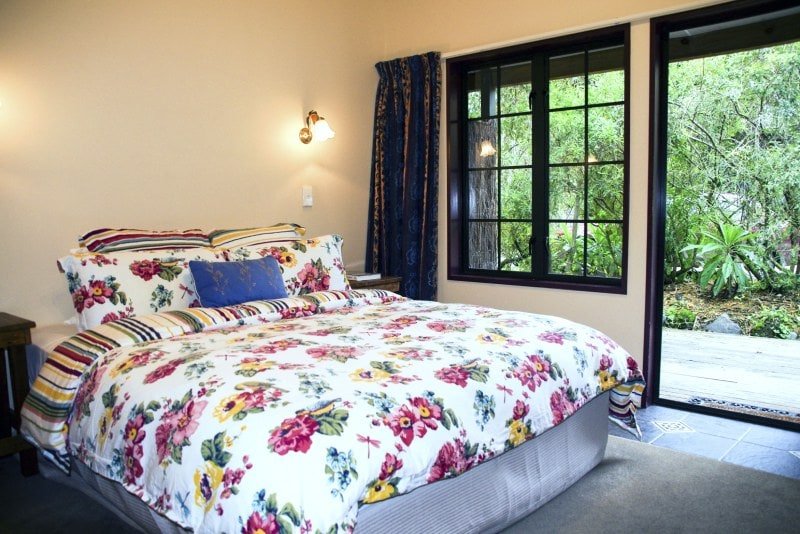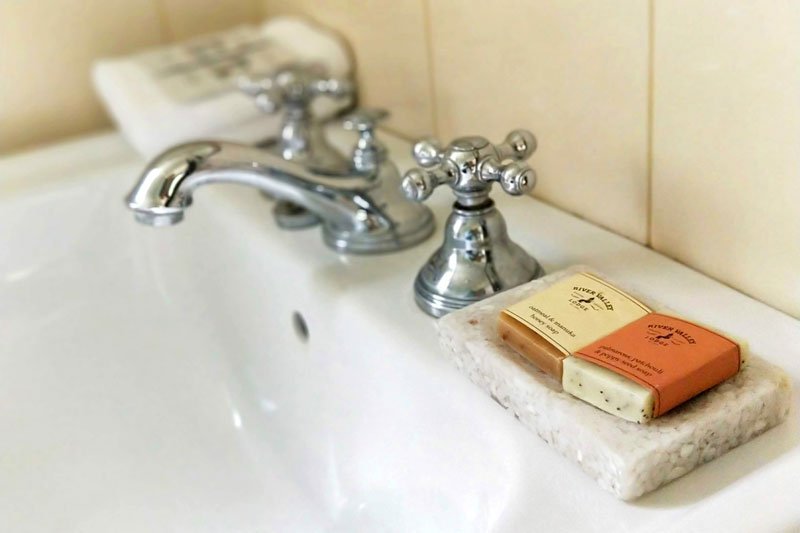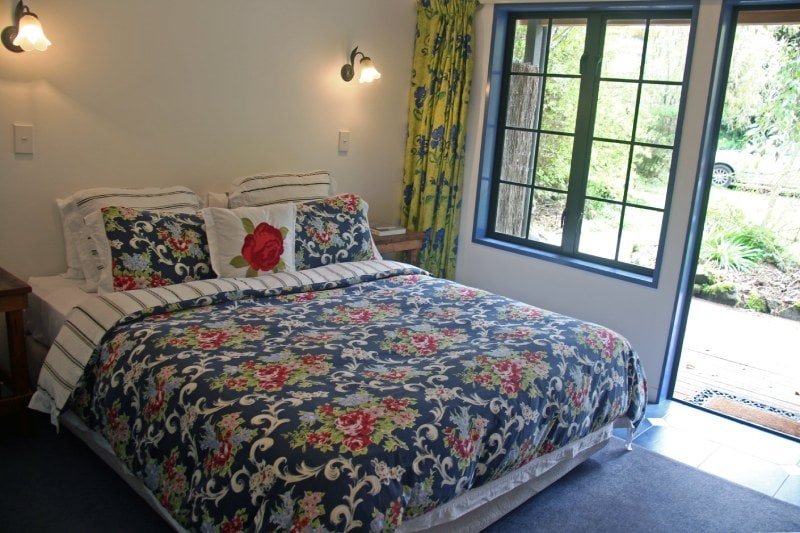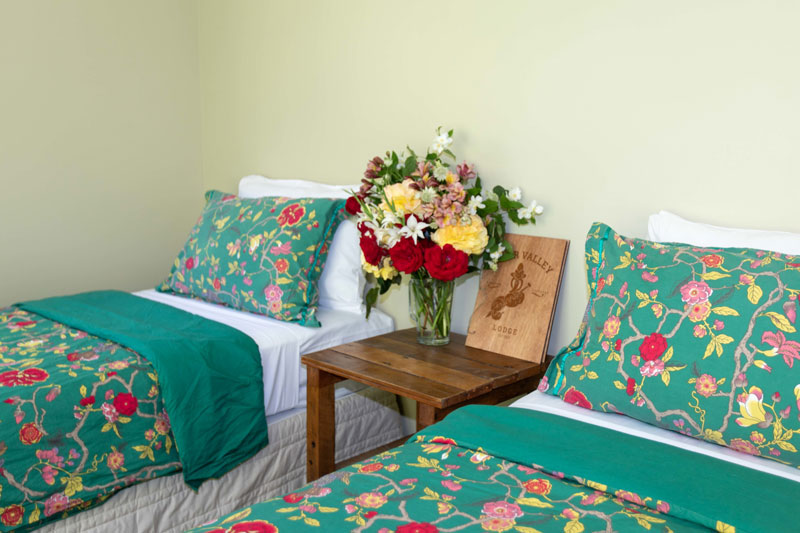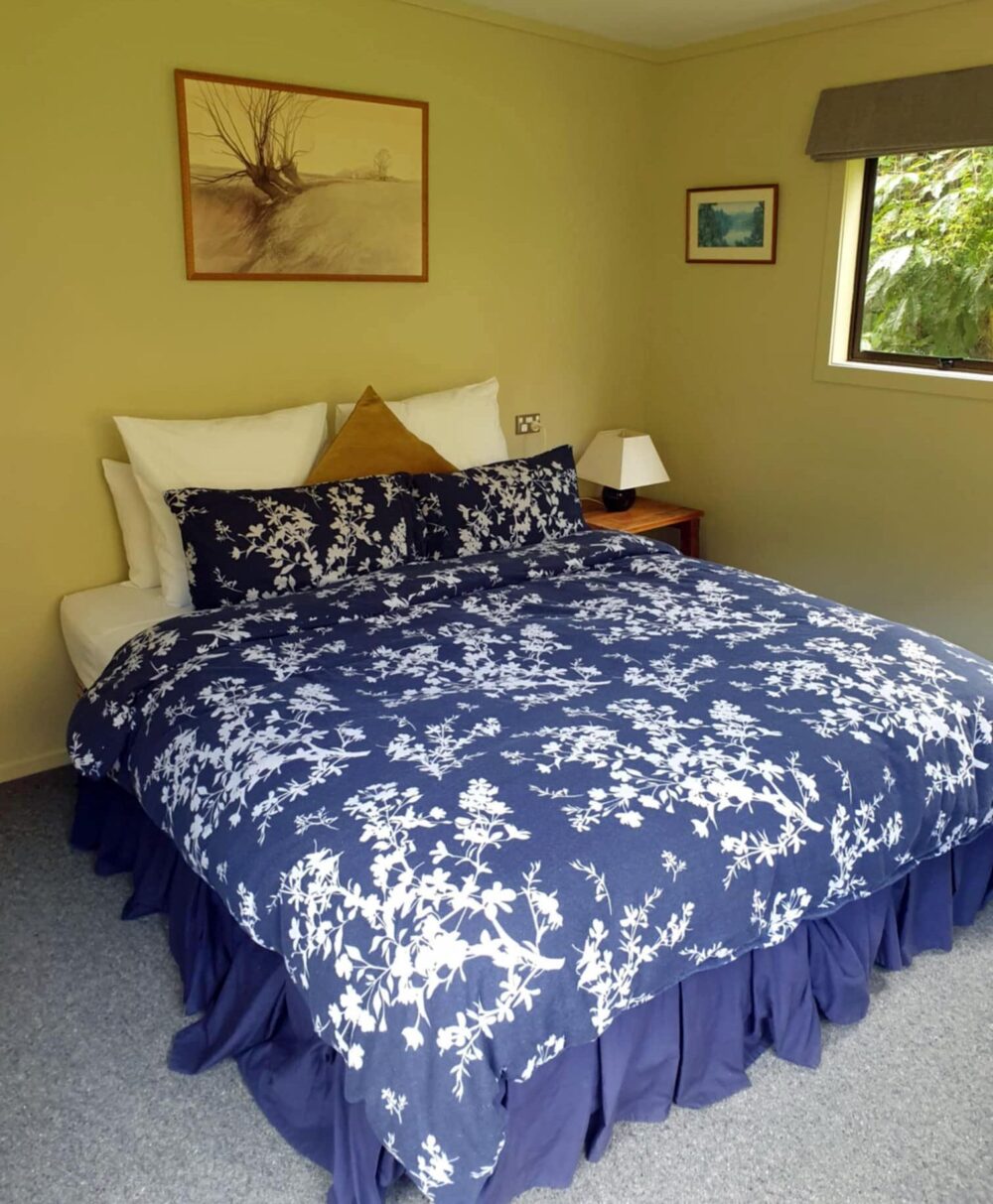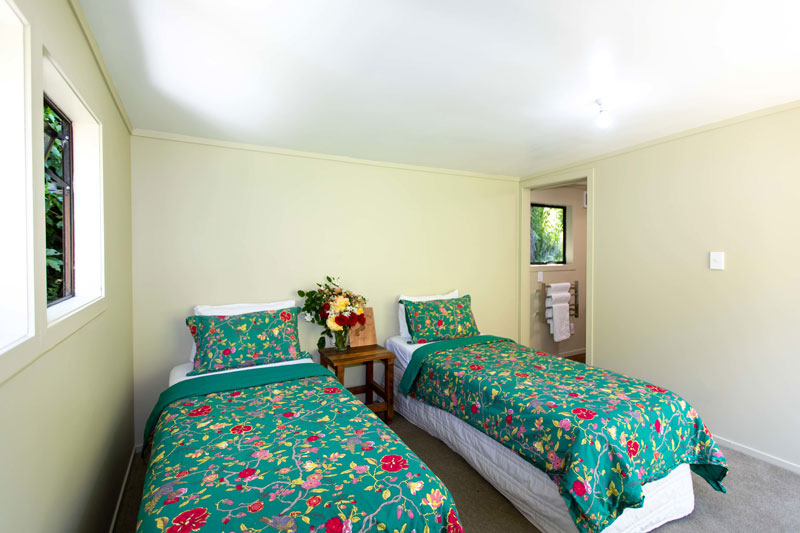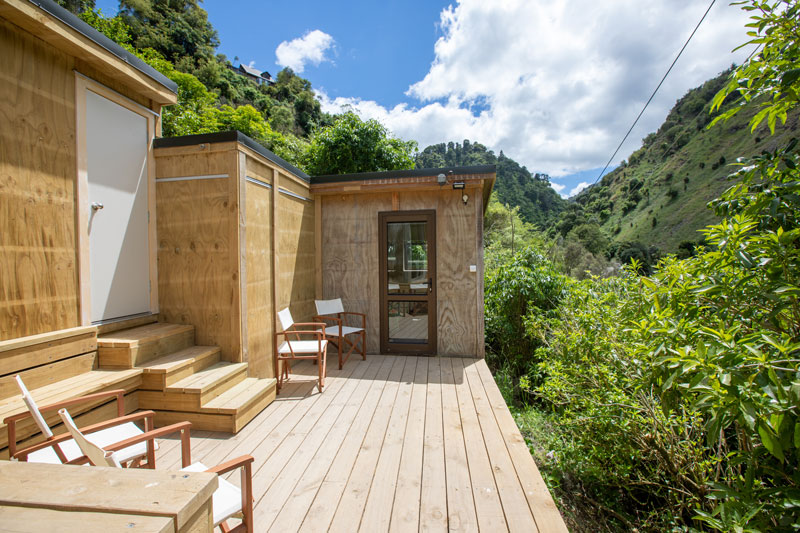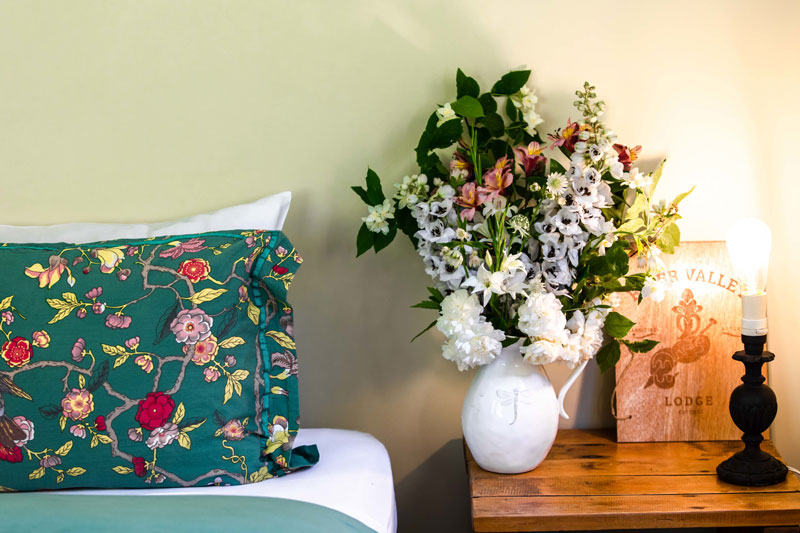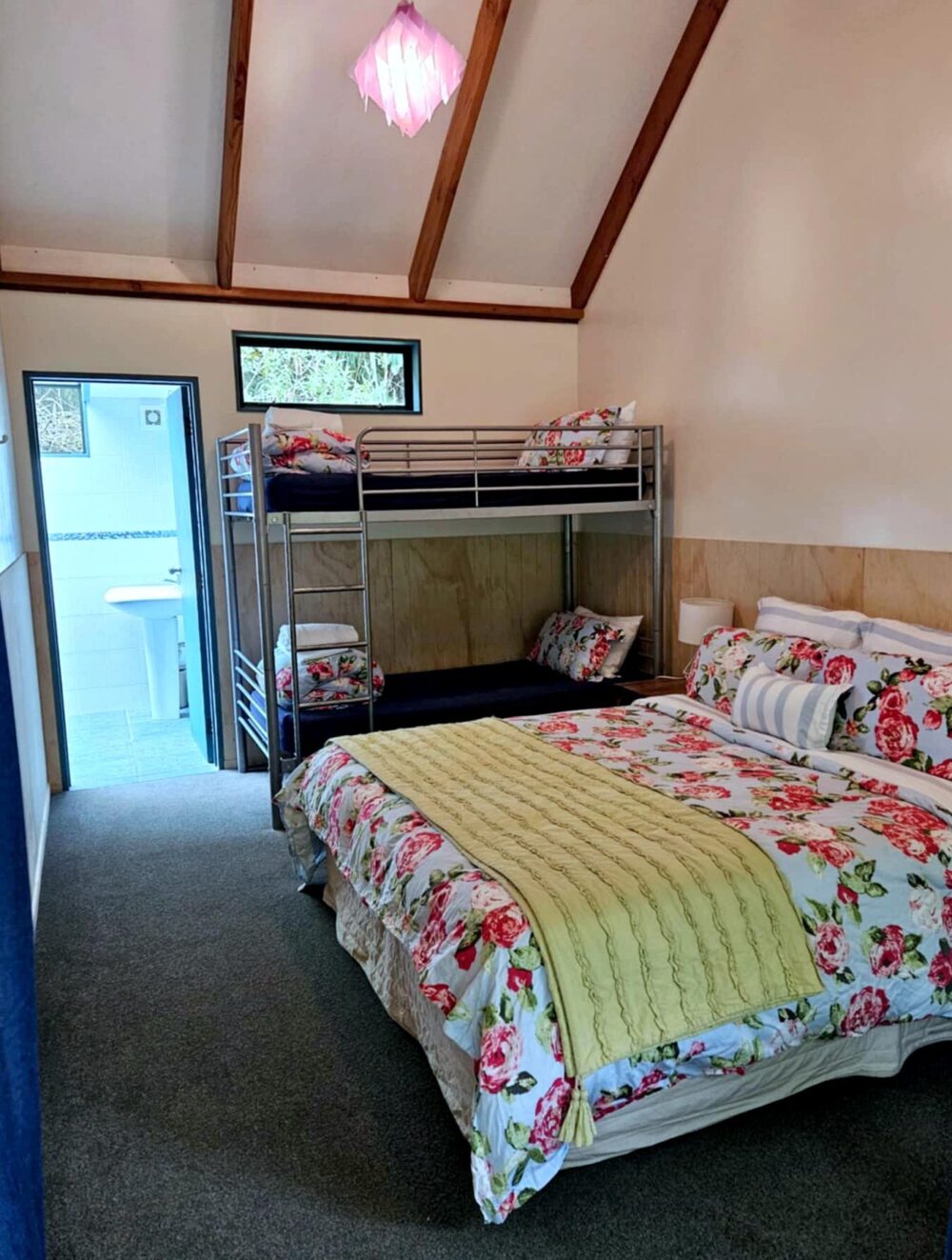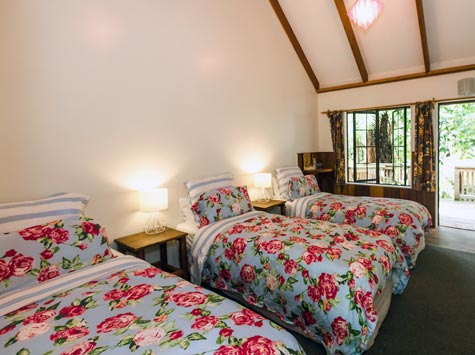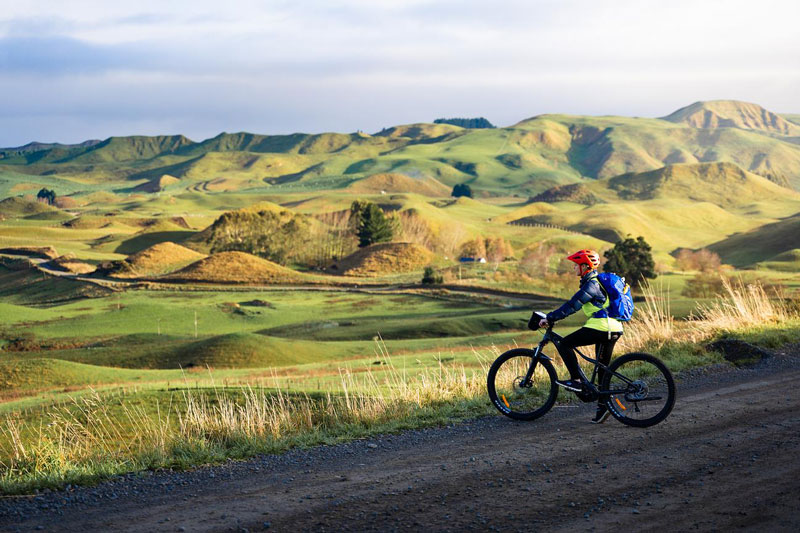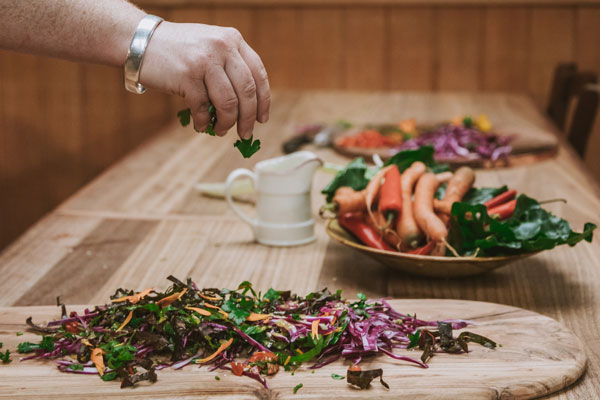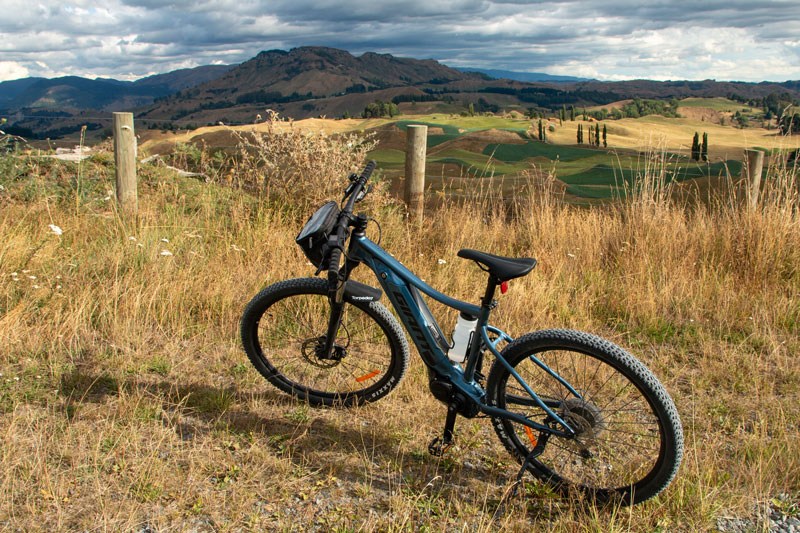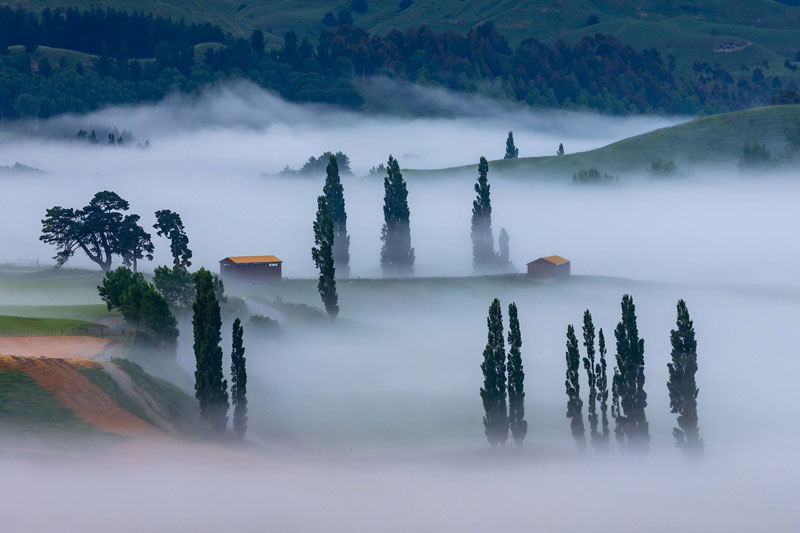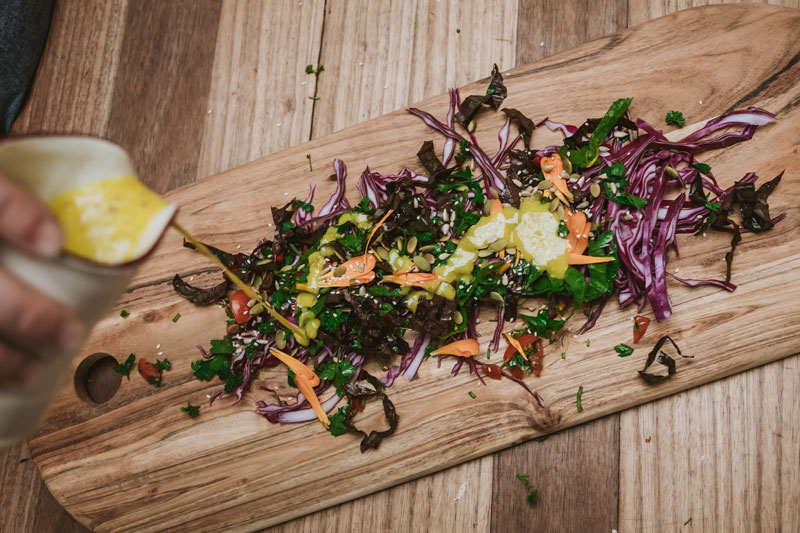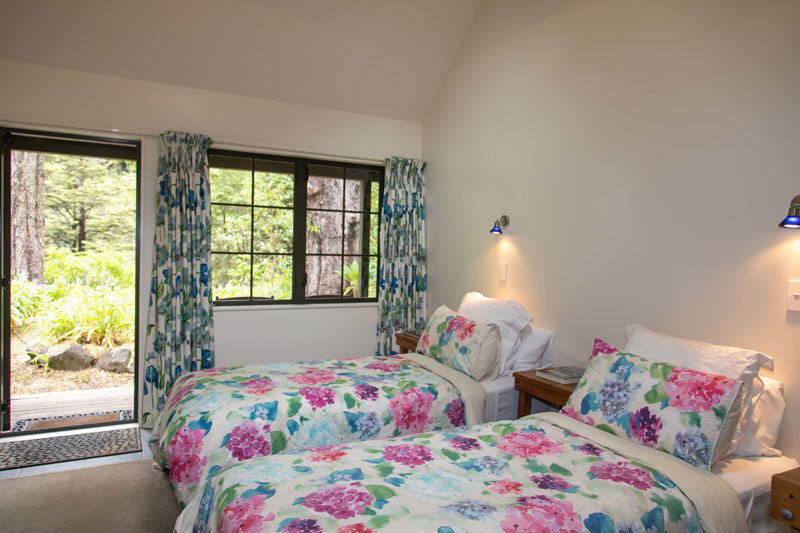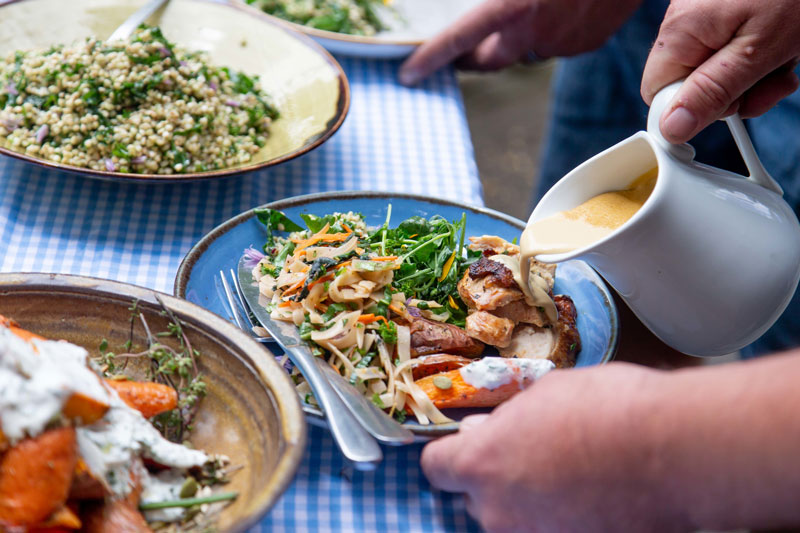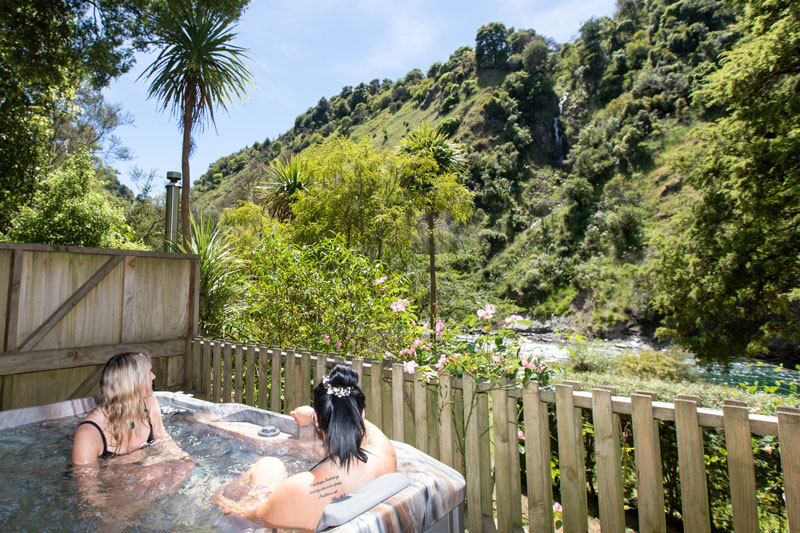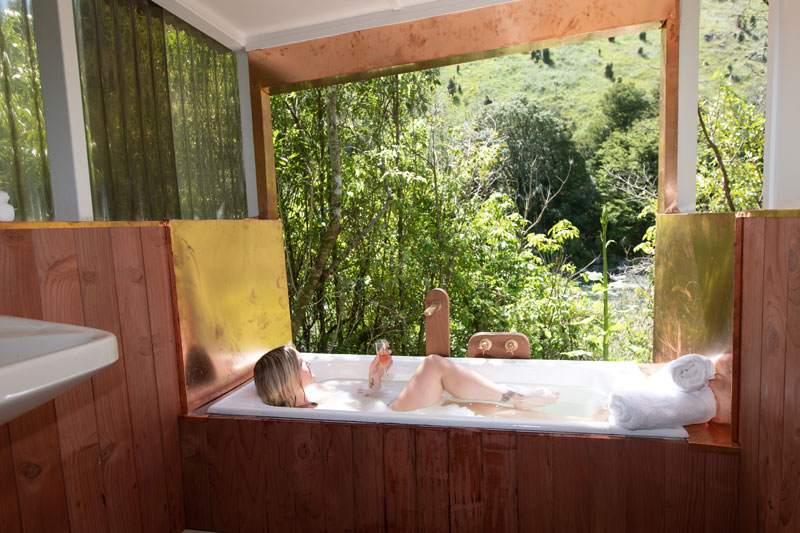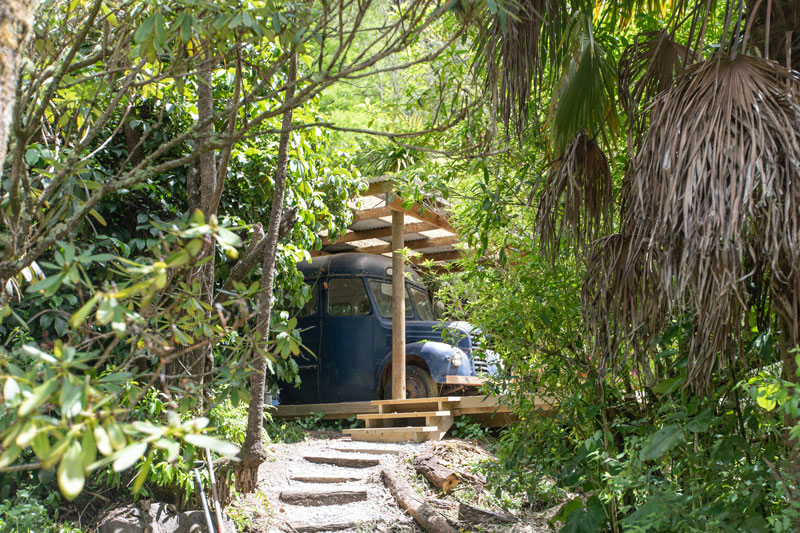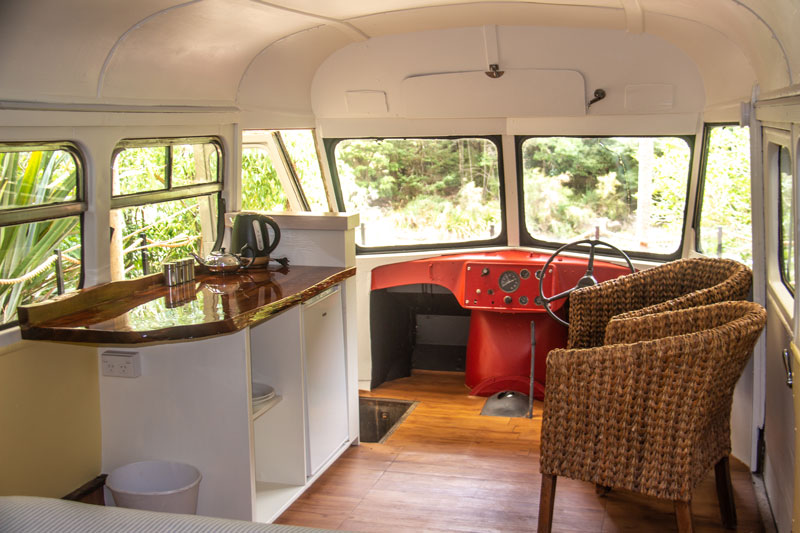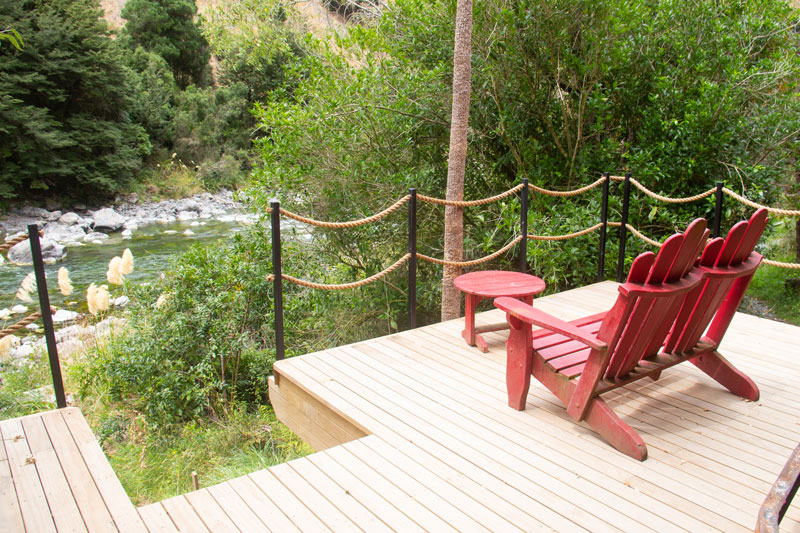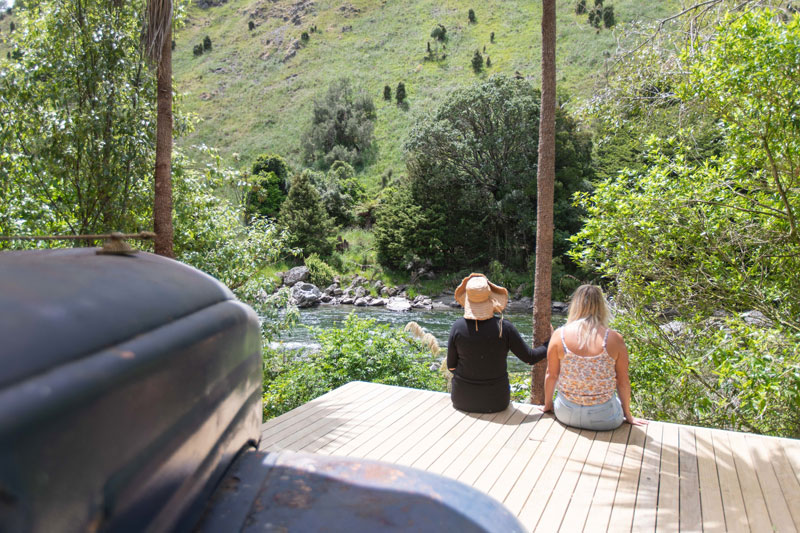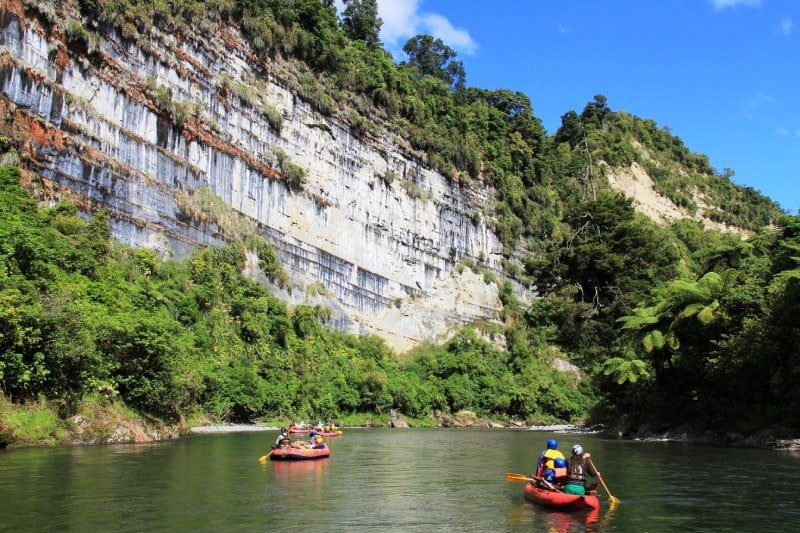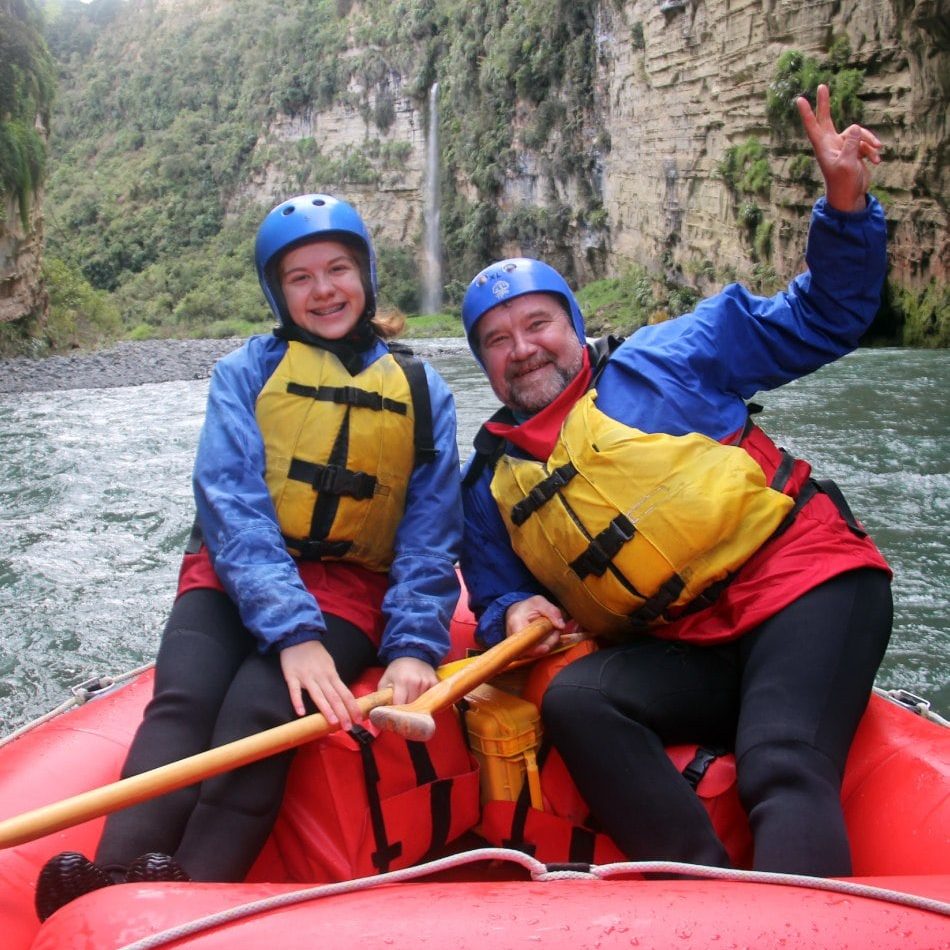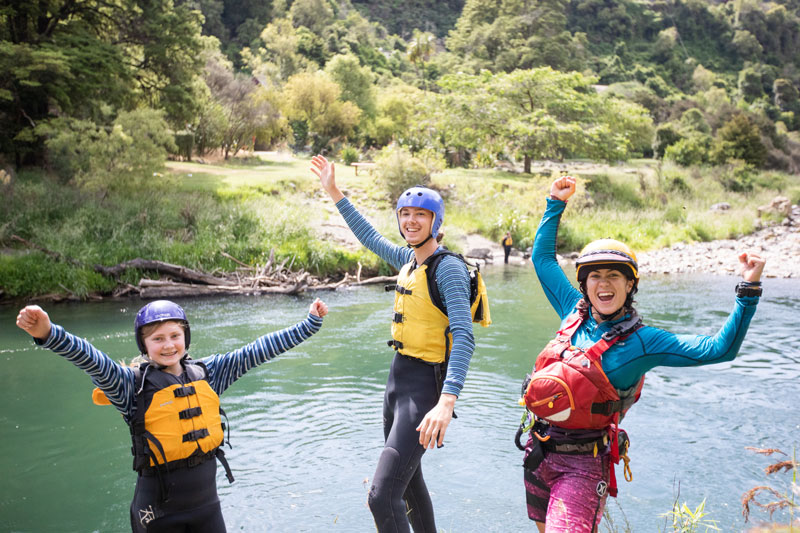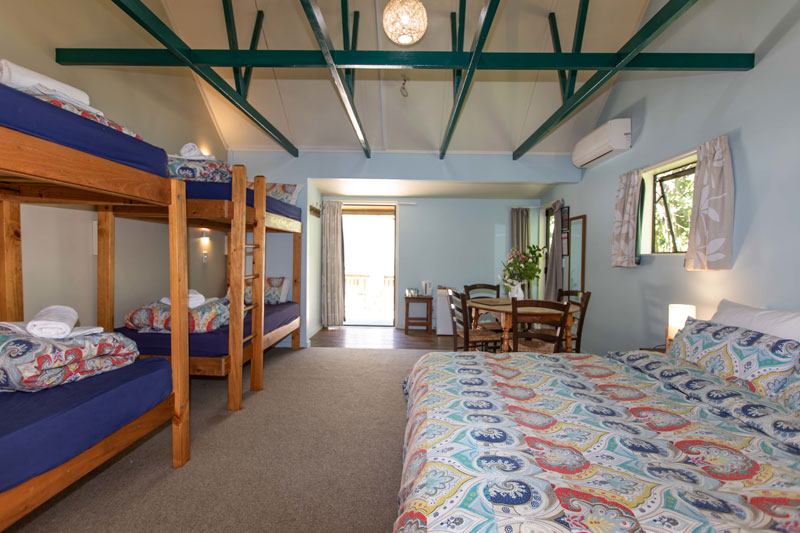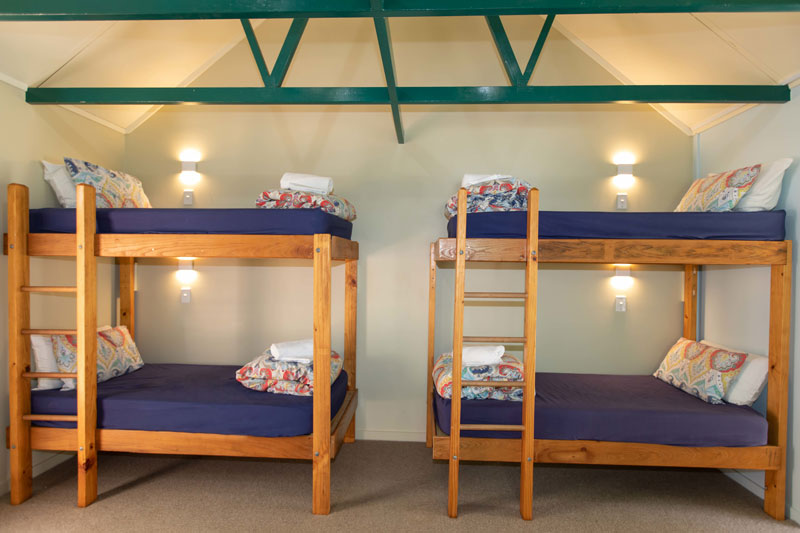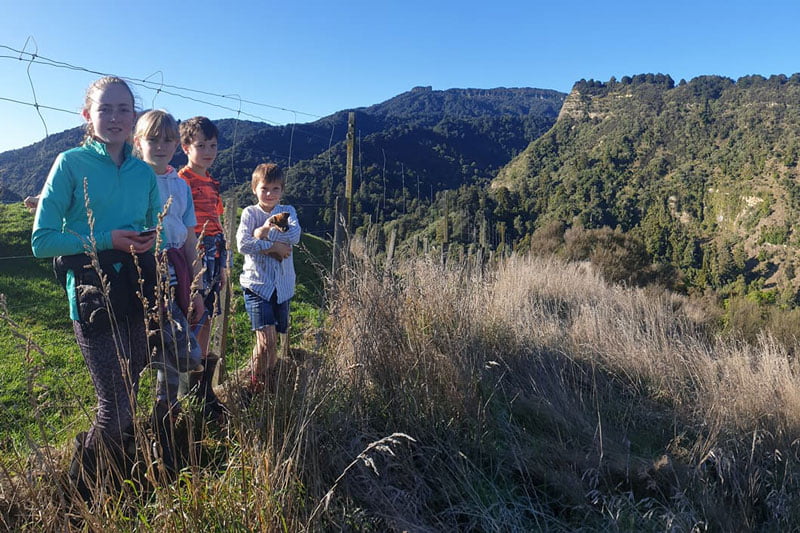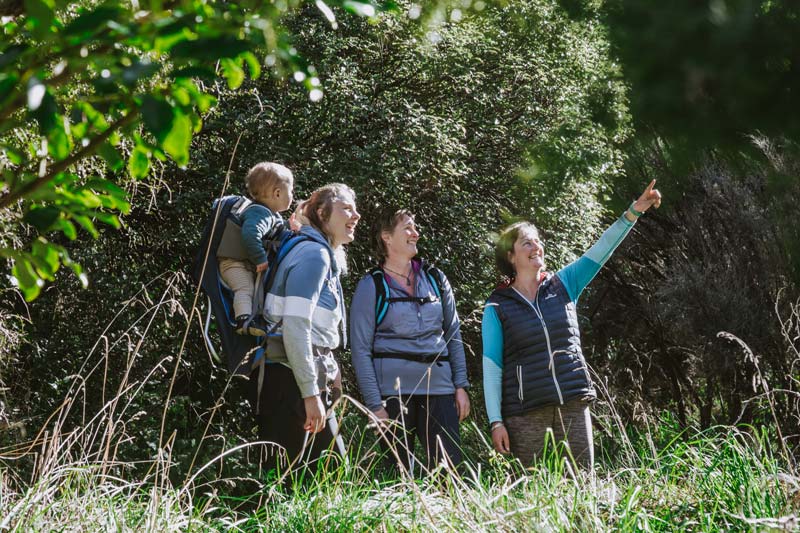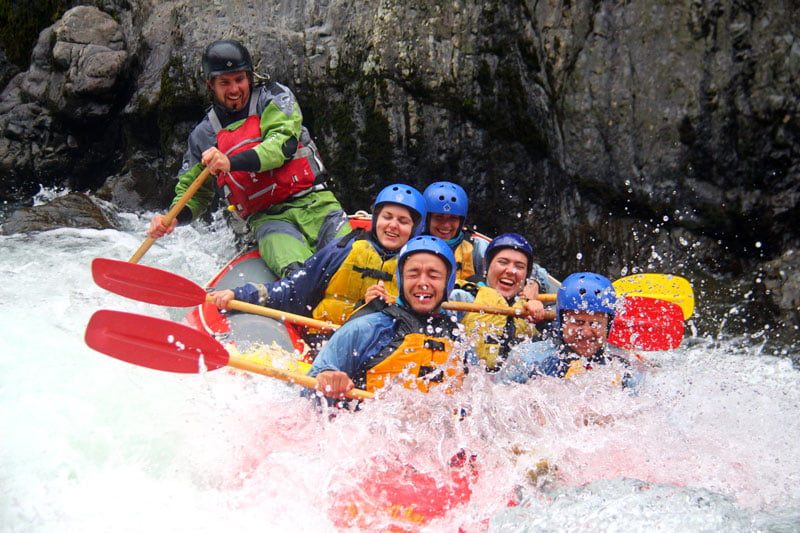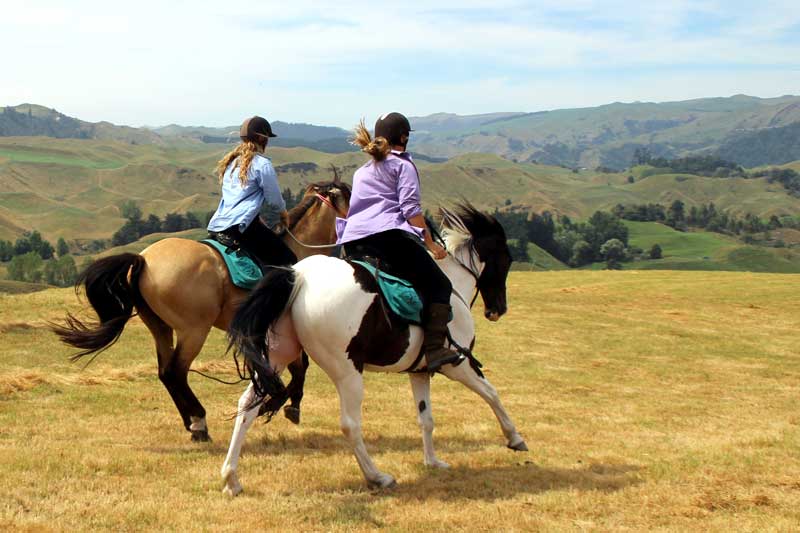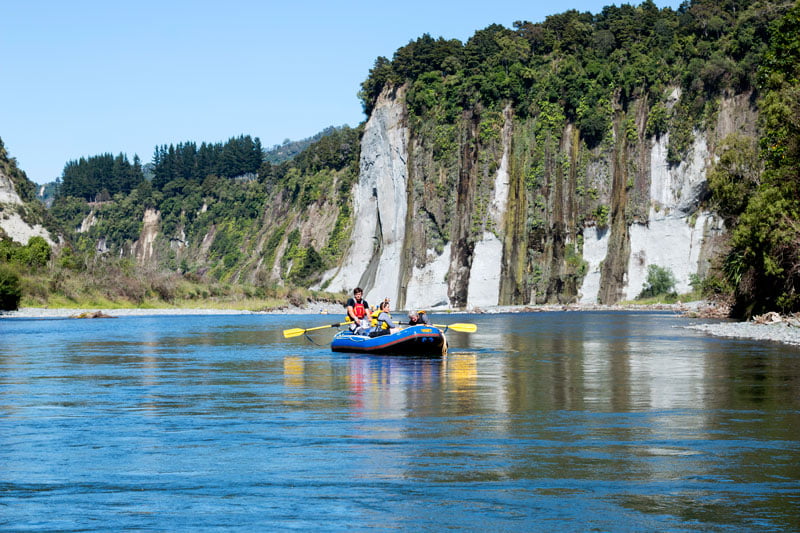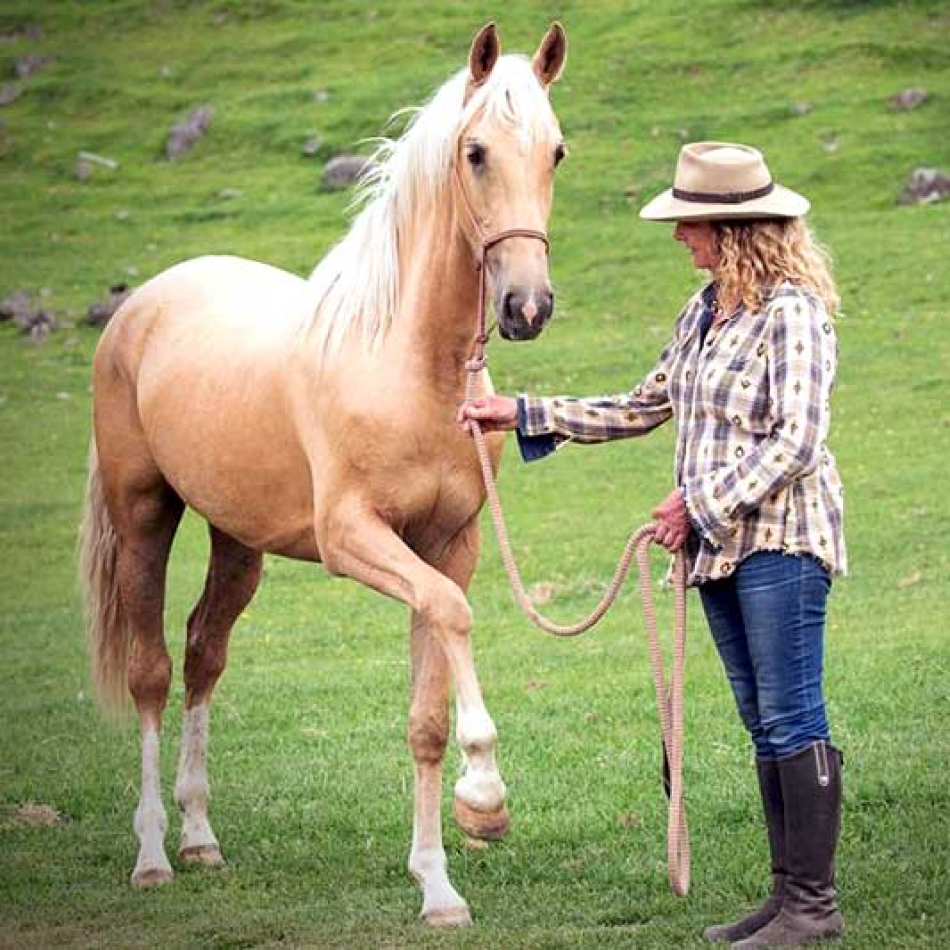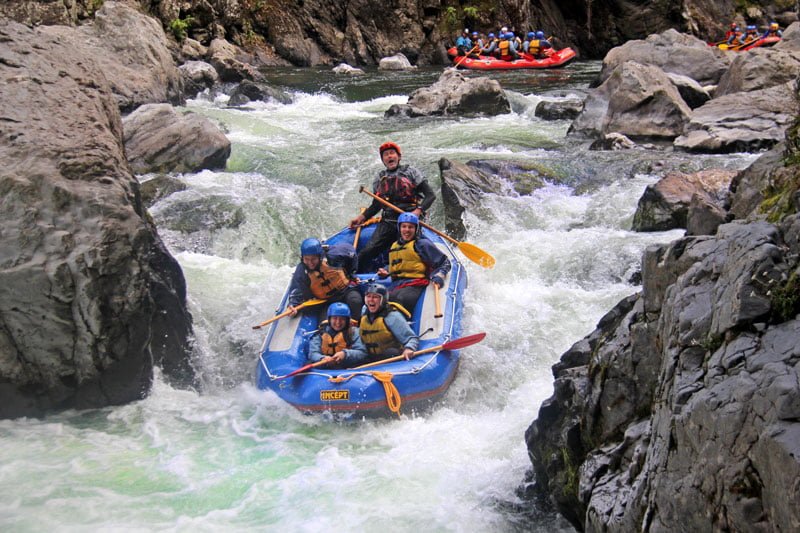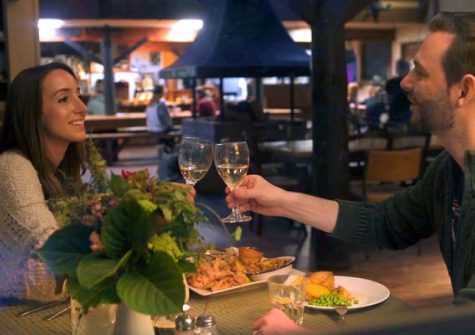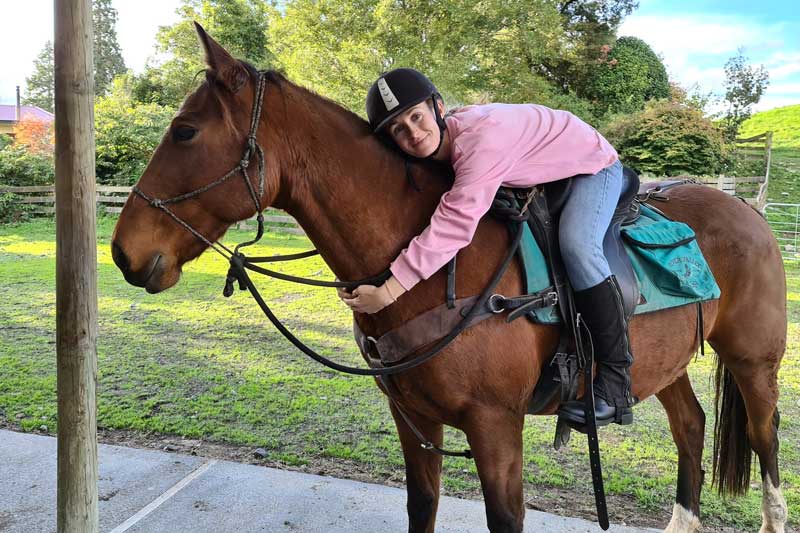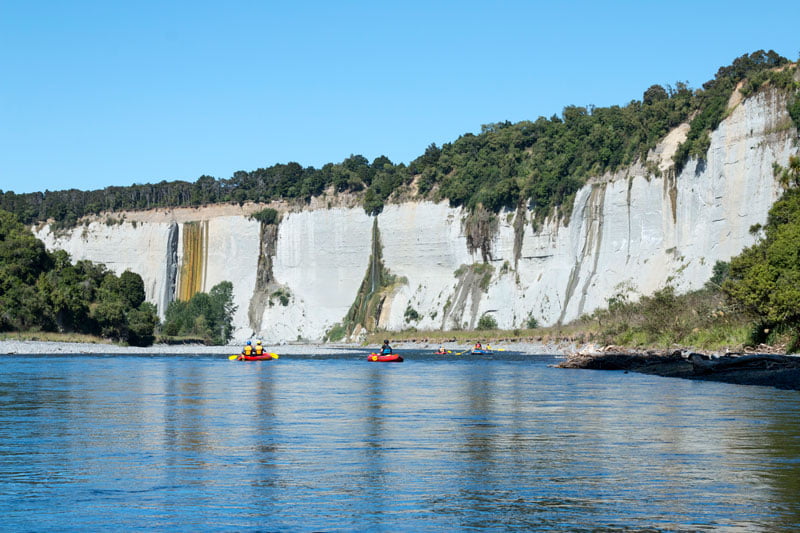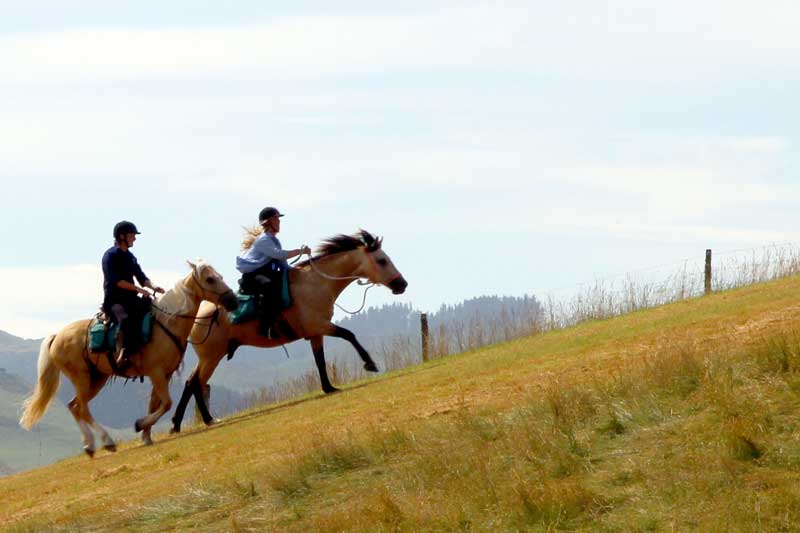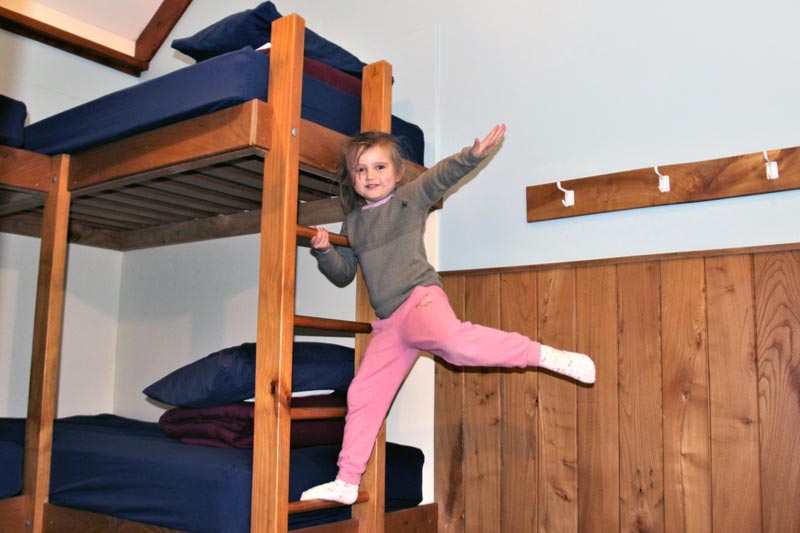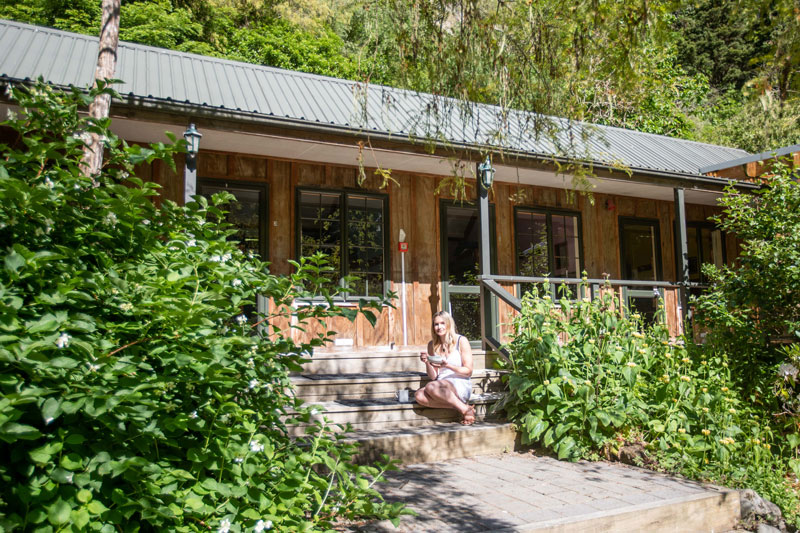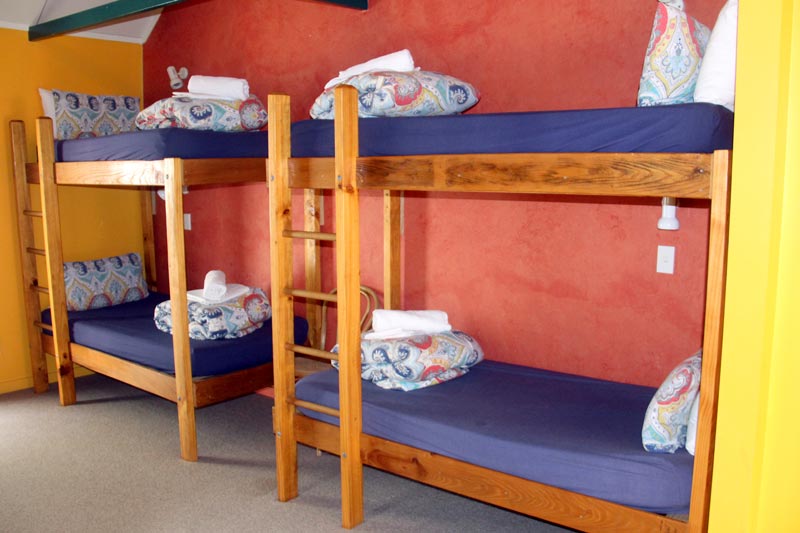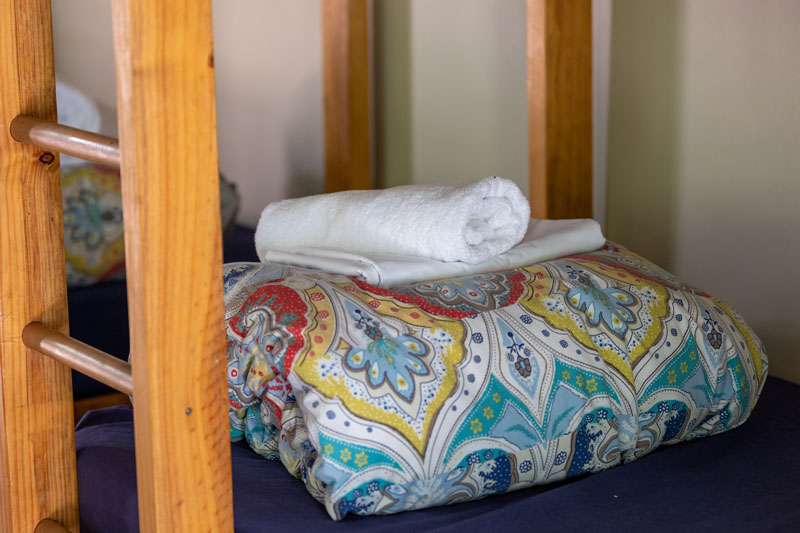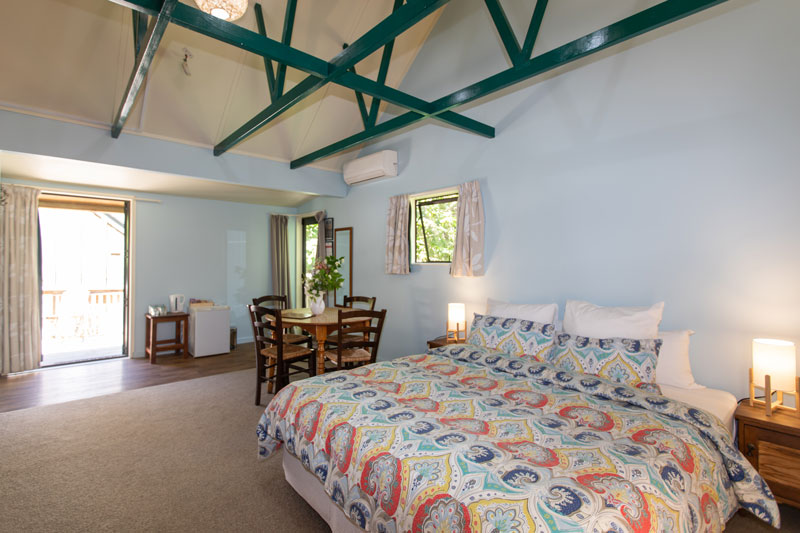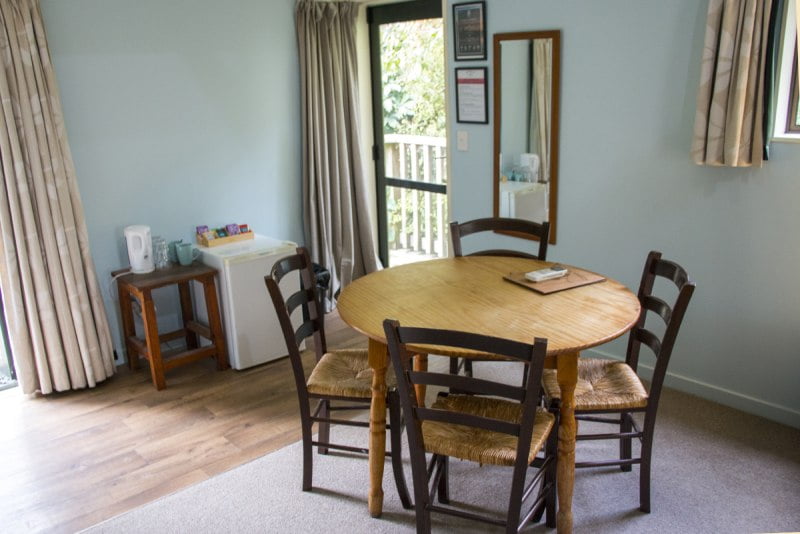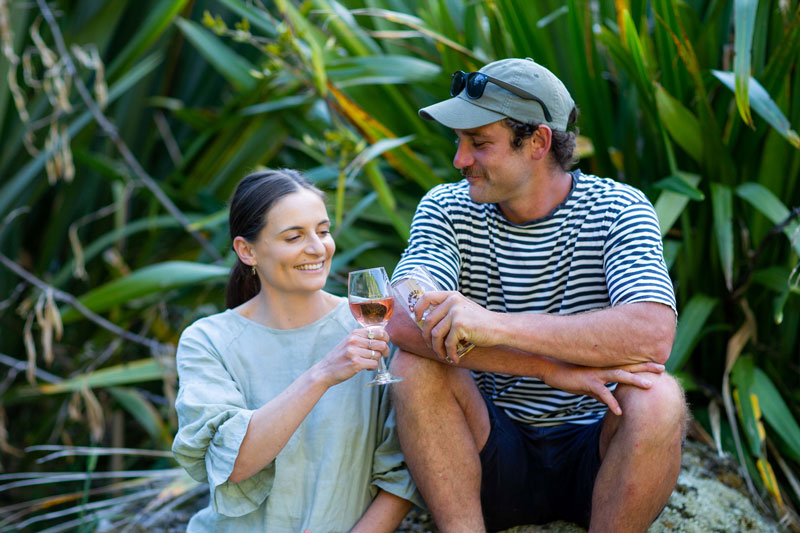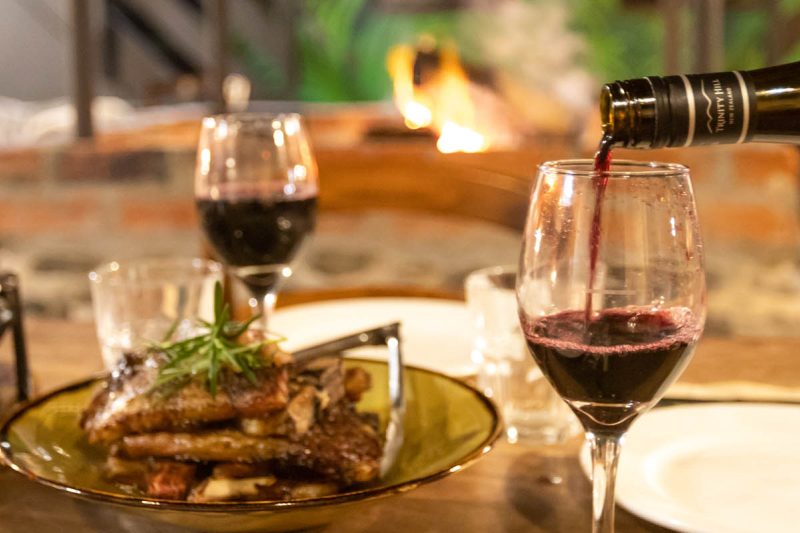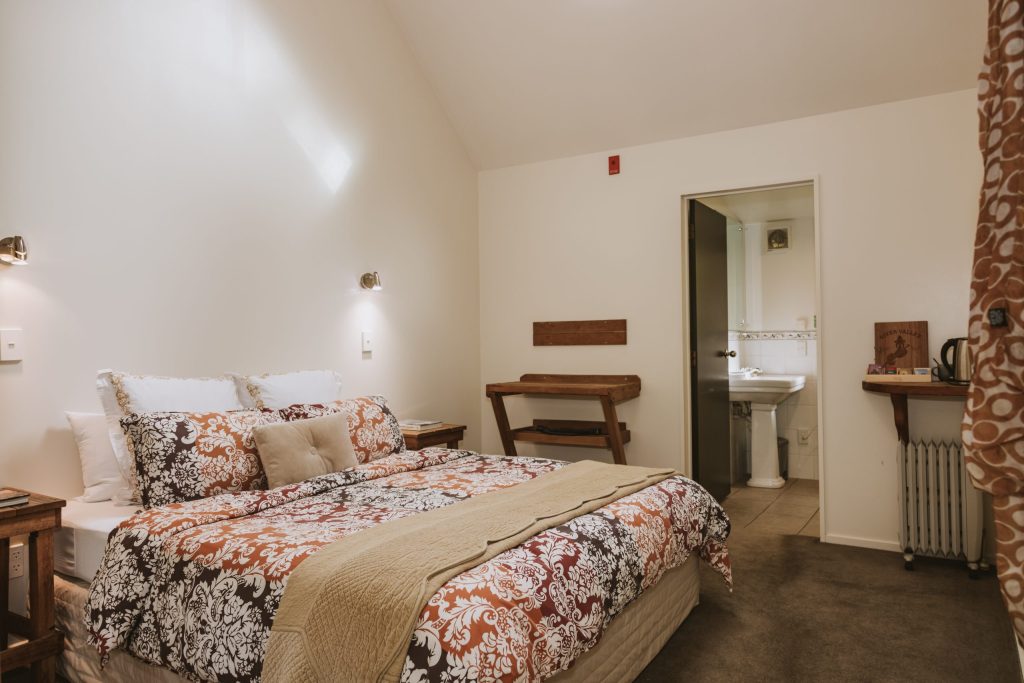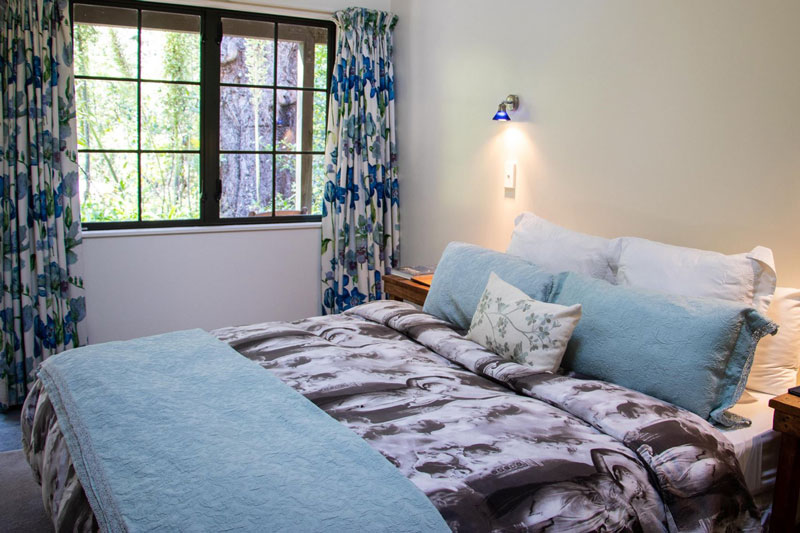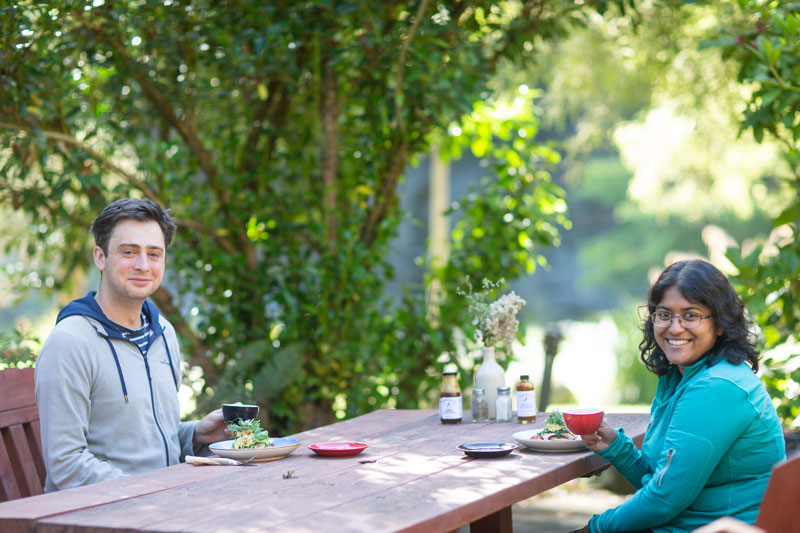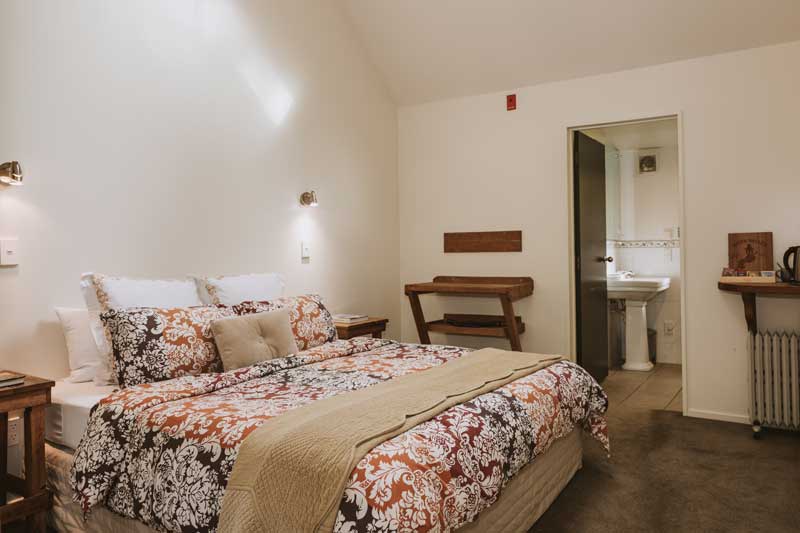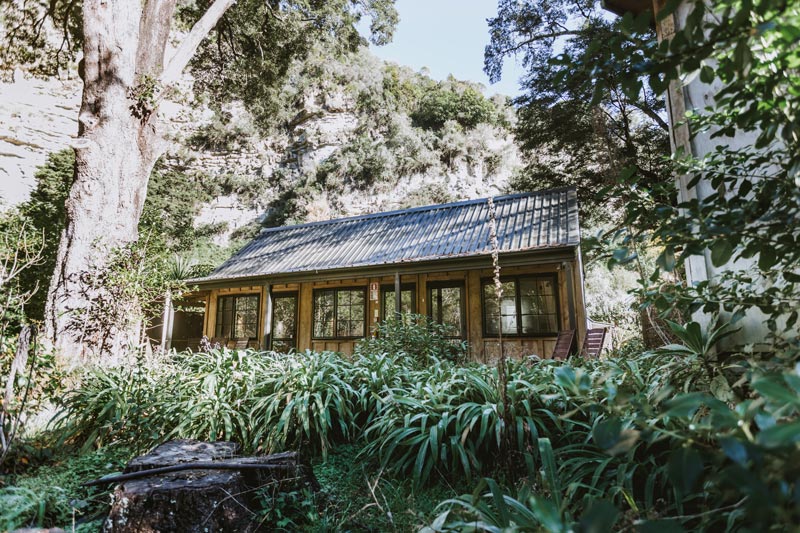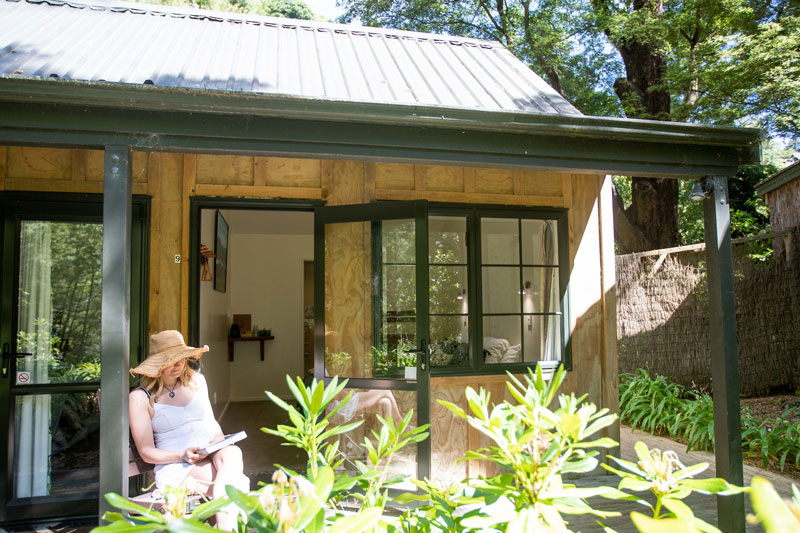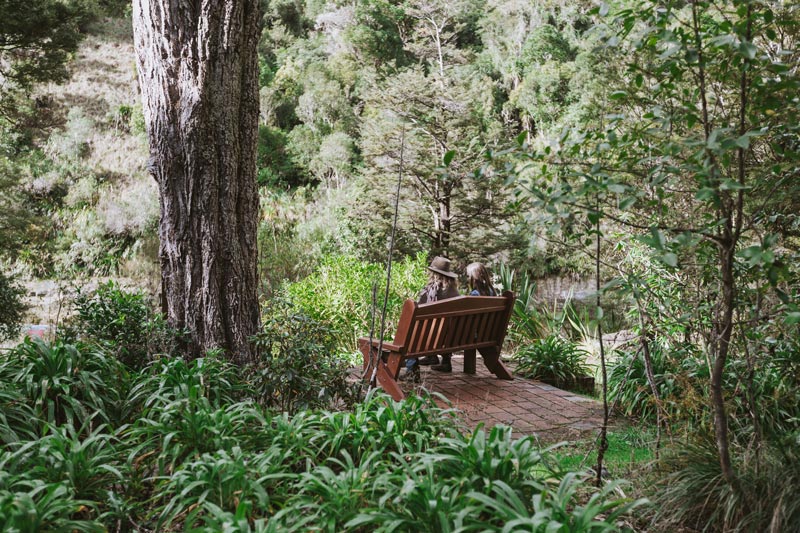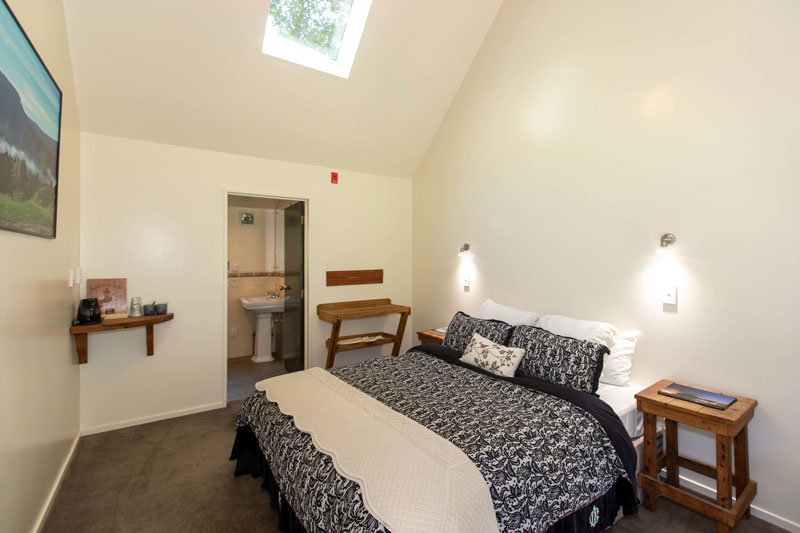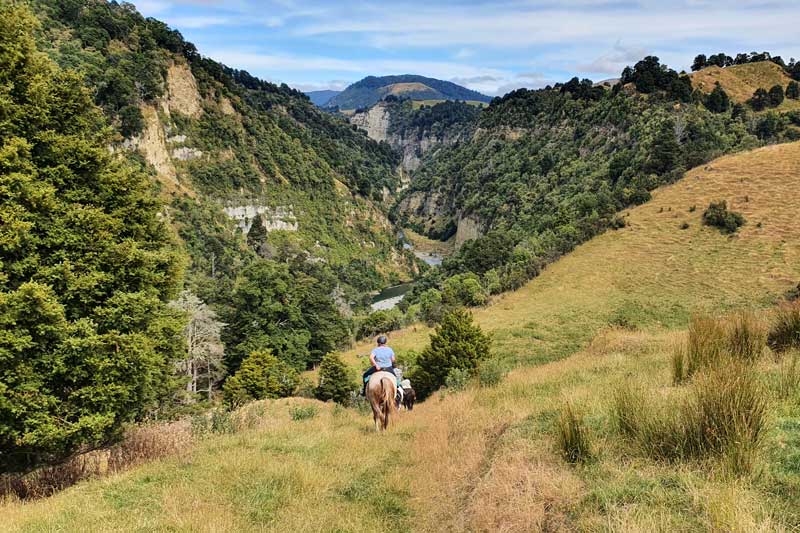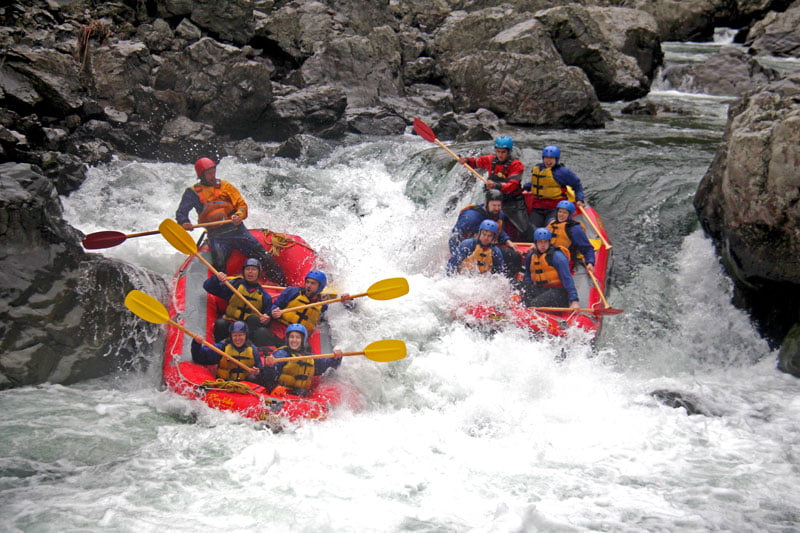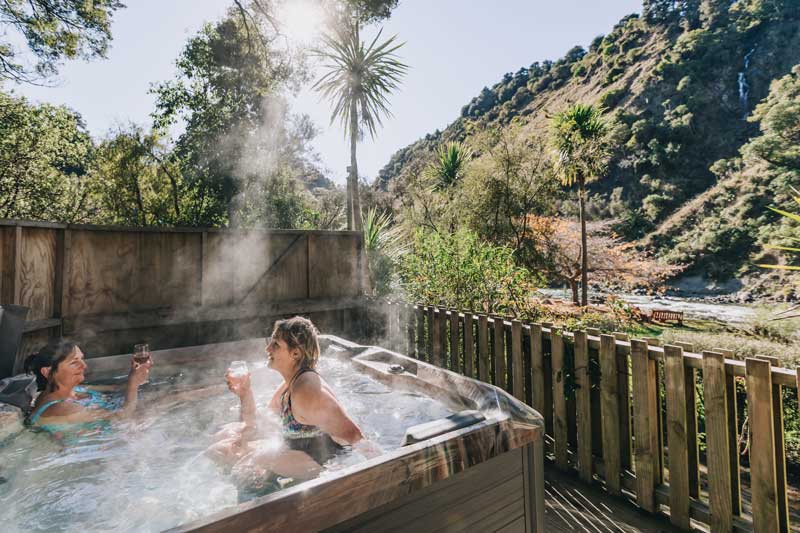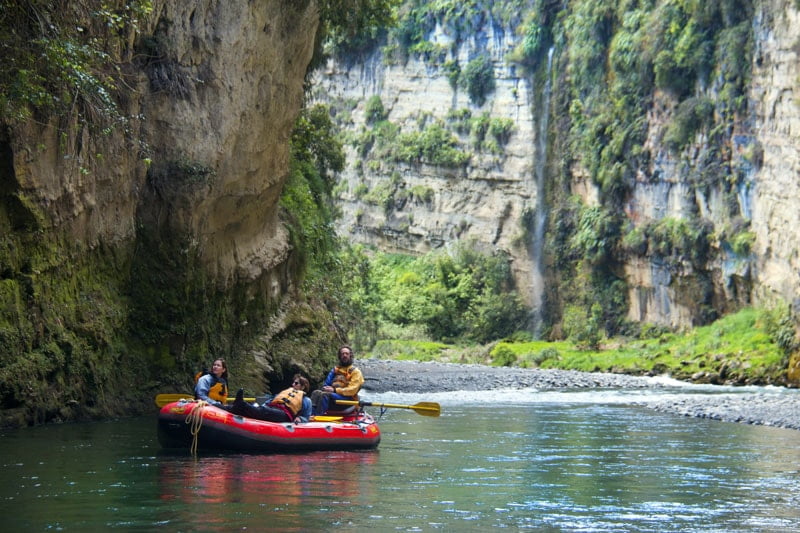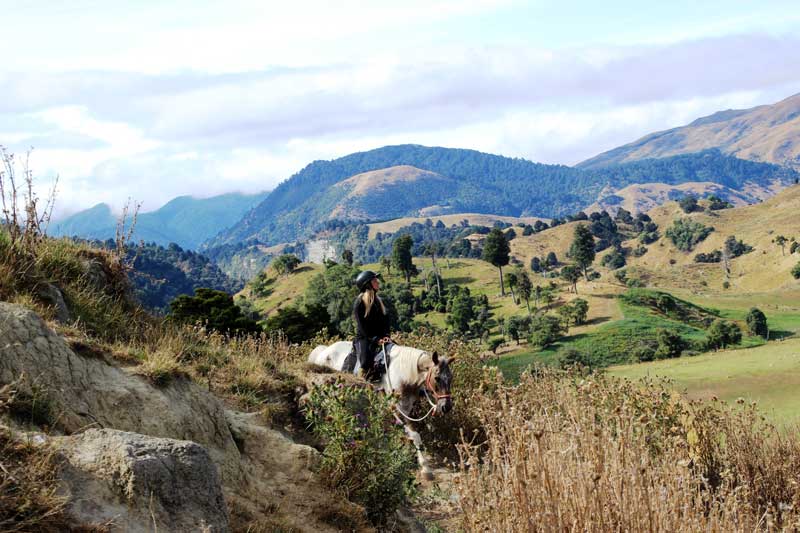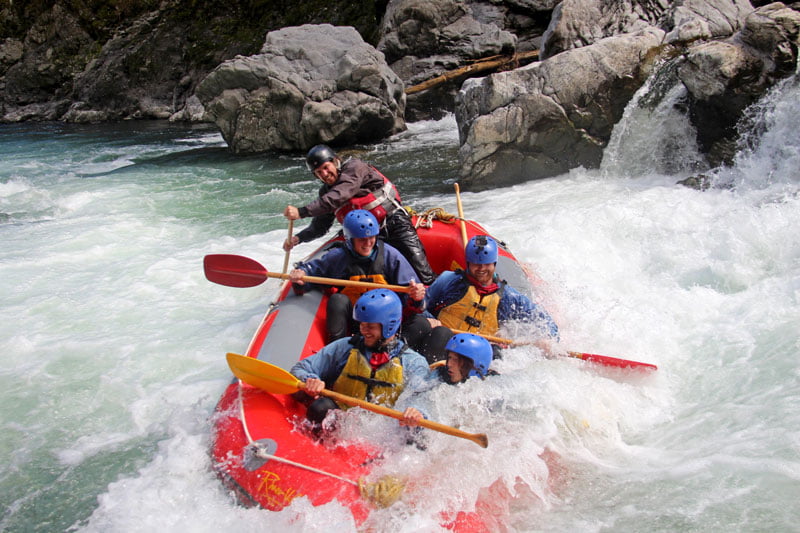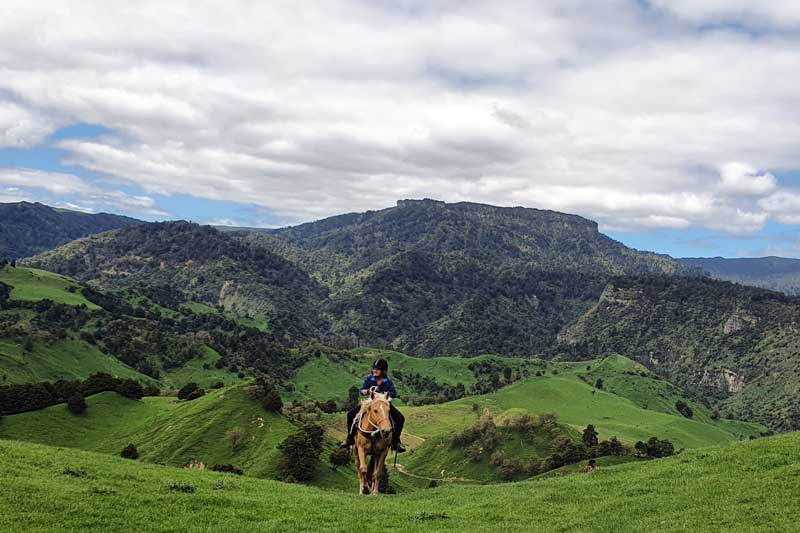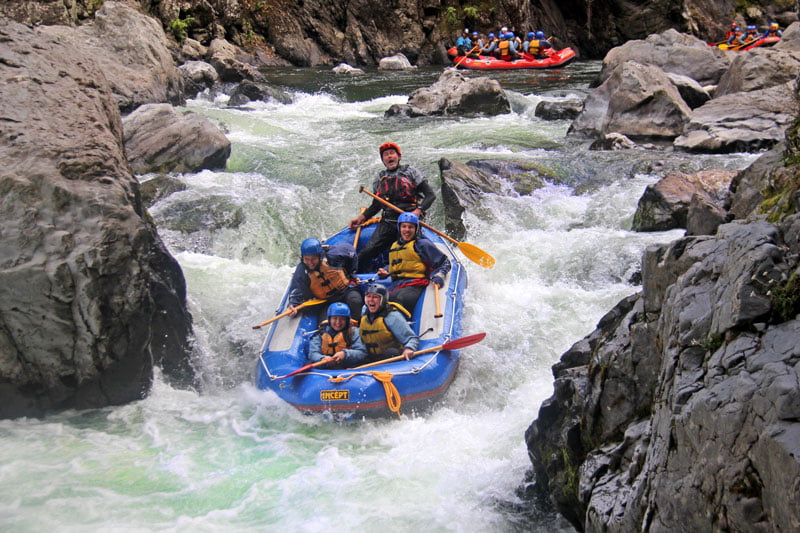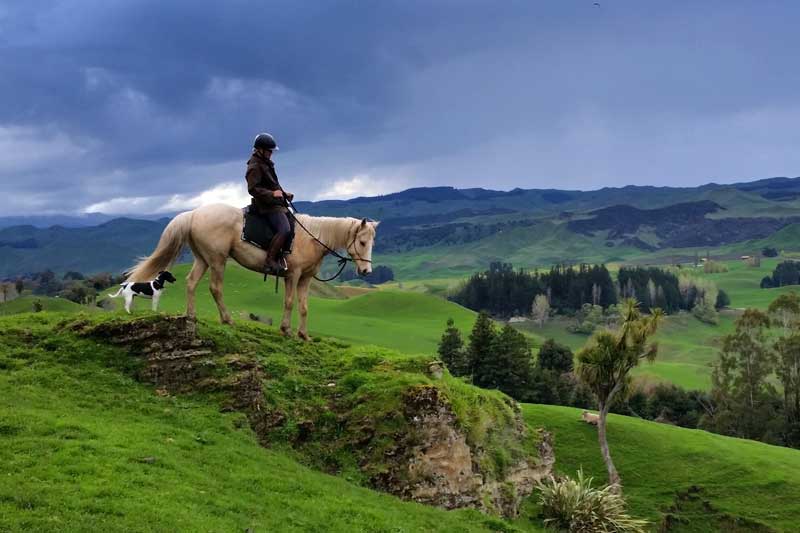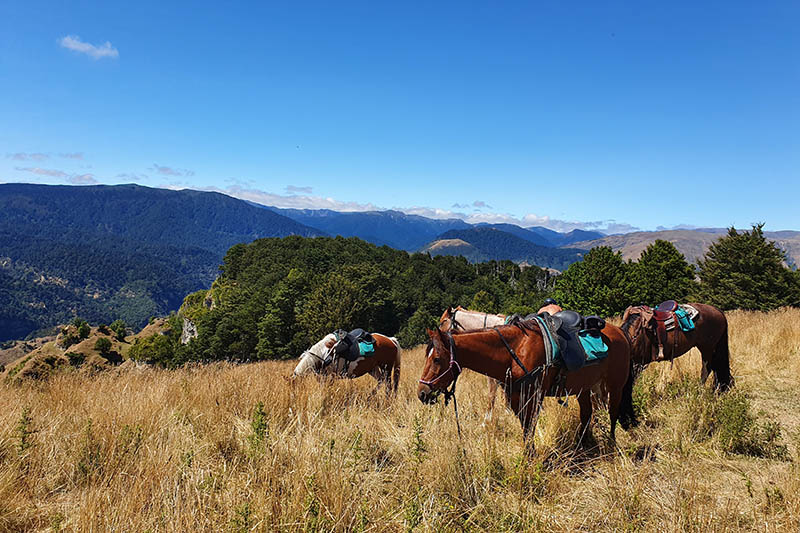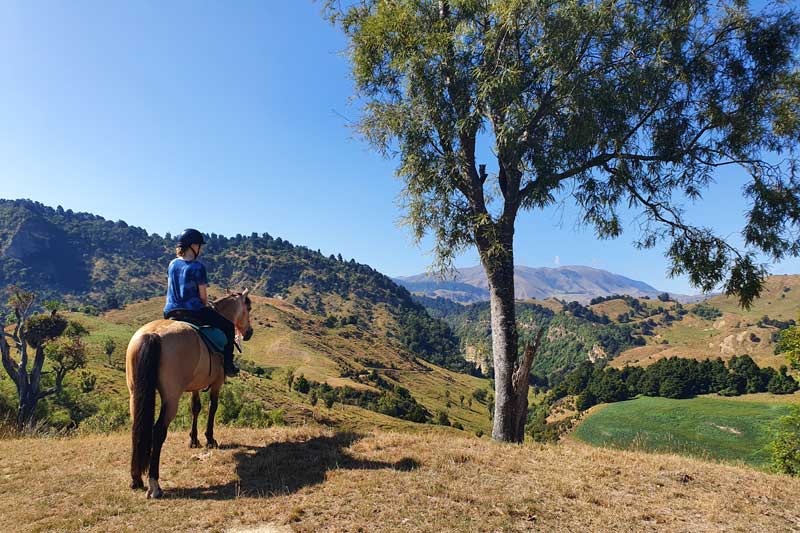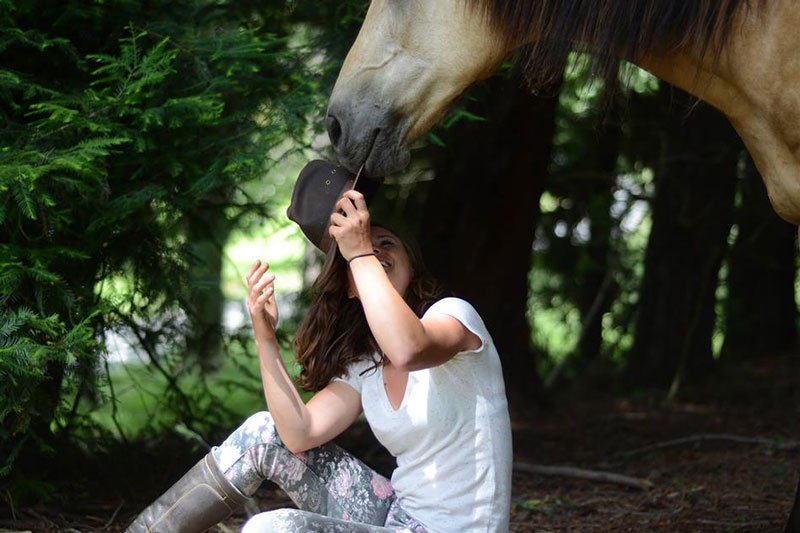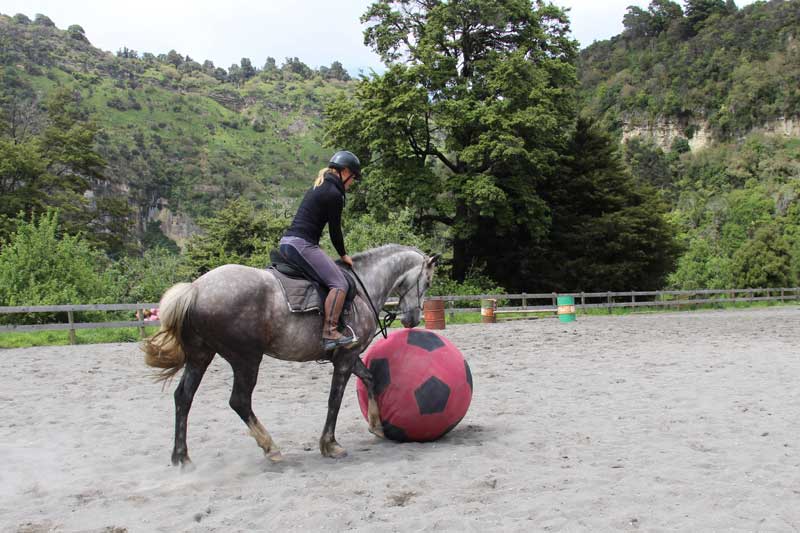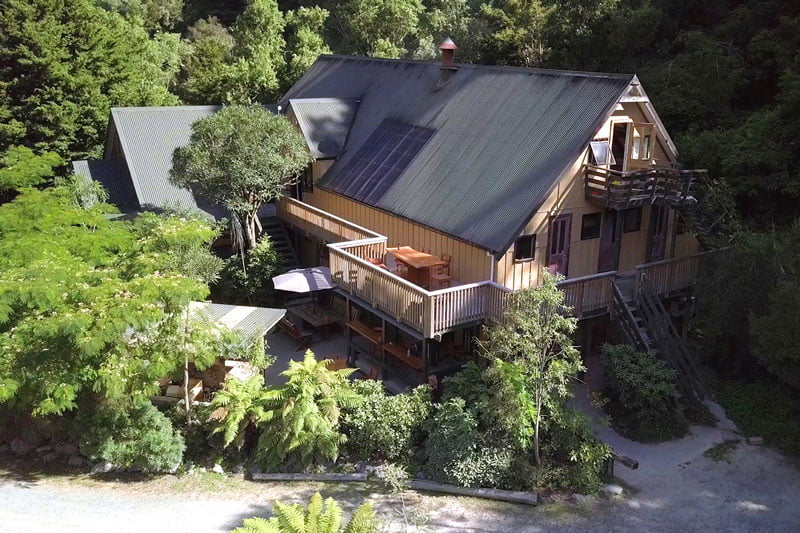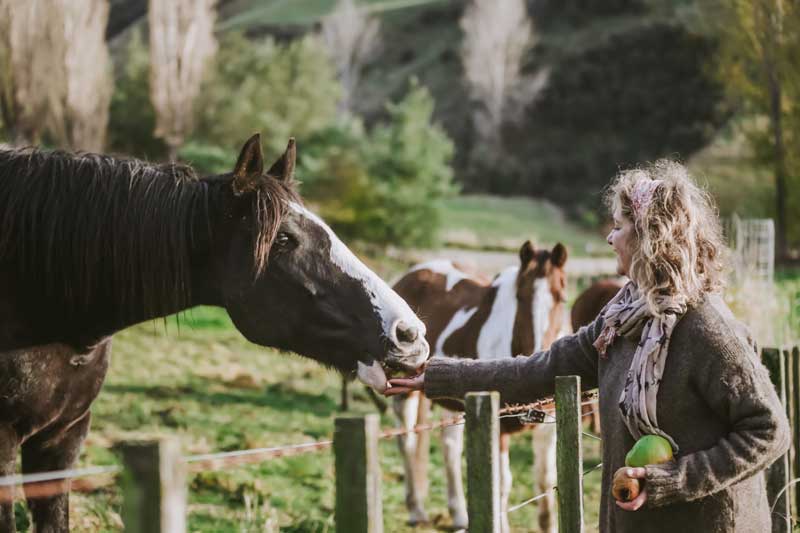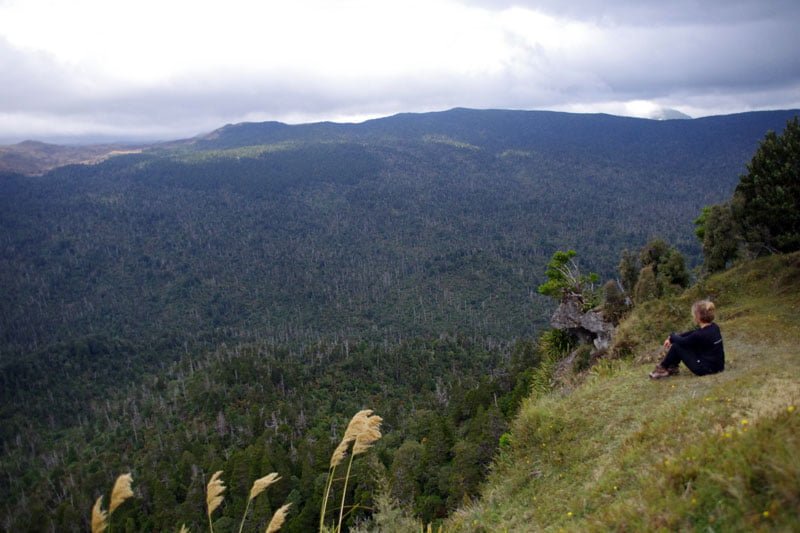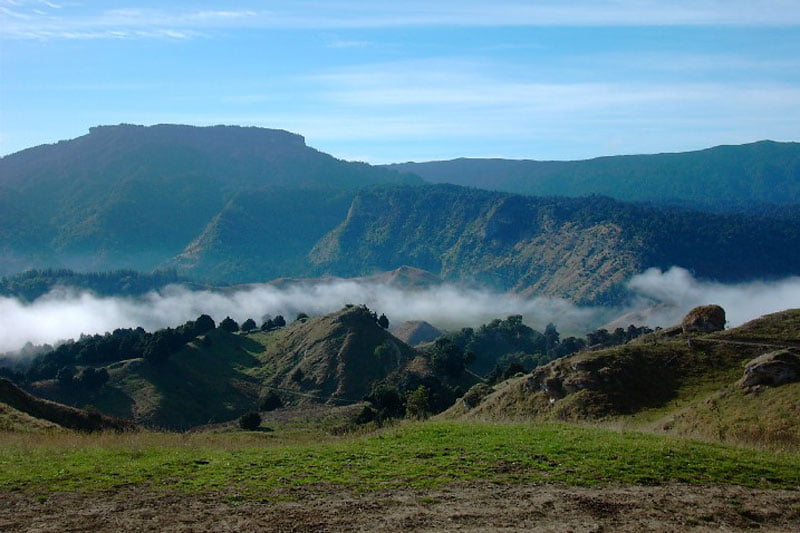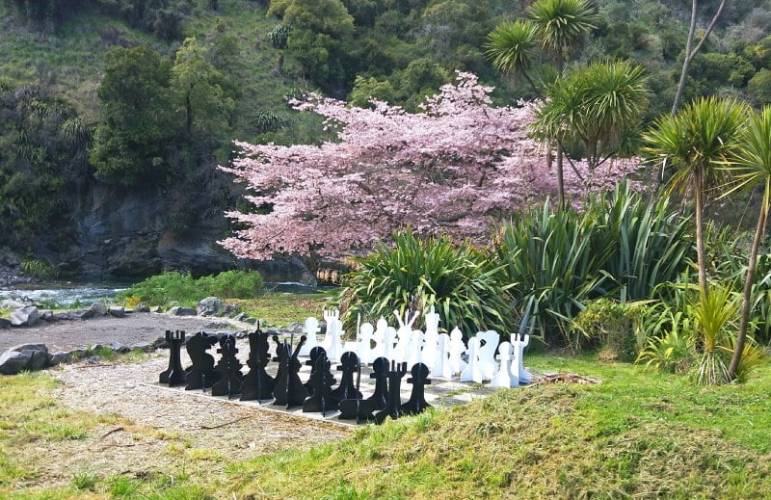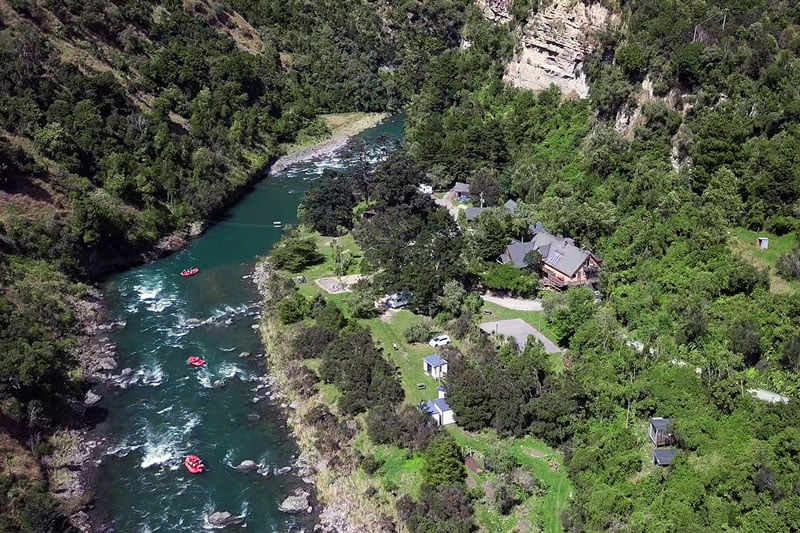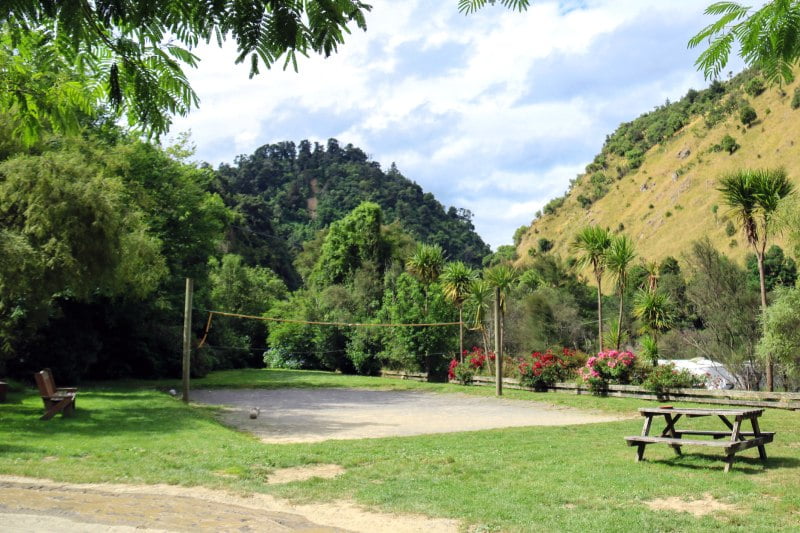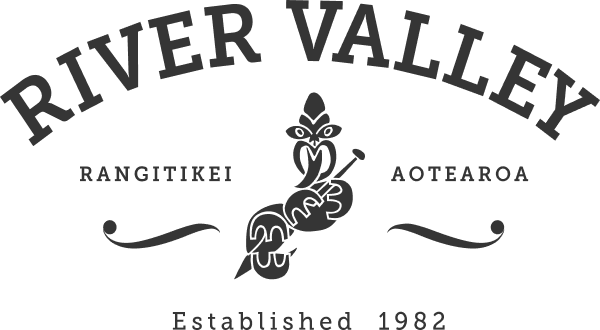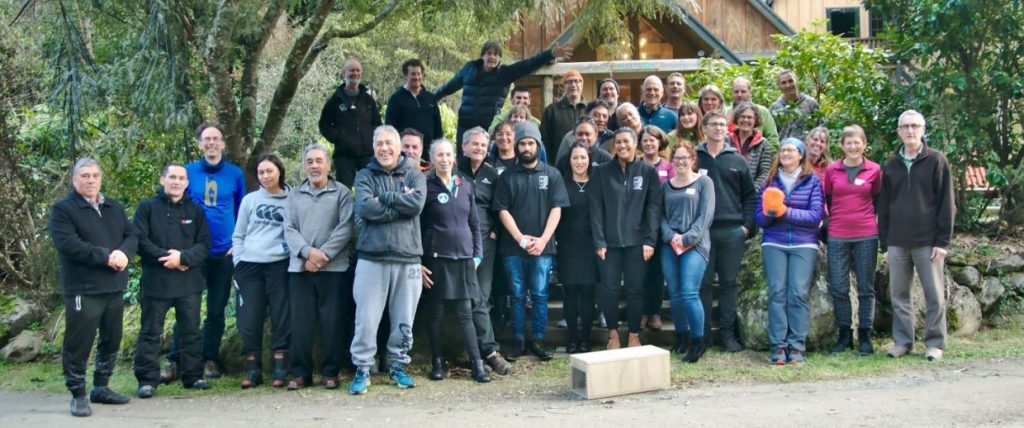
A Big Question With A Local Answer
he answer to this is firstly based upon the conclusion that our actions at River Valley cannot make a huge difference nationally, let alone save the planet.
River Valley can however make a major difference, and a solid contribution locally – that is in our own backyard.
This contribution covers three main areas. These areas are:
- Advocacy for the river
- Control of both plant and animal pests
- Waste minimisation and operational efficiencies in our operations
This is what we do in each of these areas.

Advocacy For The River
The primary threats to the main river we operate on, the Rangitikei, comes from the intensification of land use. This intensification has happened relatively quickly. In fact when River Valley started in 1982, most farms in our area were still farmed under a fairly extensive regime. The area is hill country, at relatively high altitude, with most farming operations farming sheep and cattle (no dairy).
Since the mid 1990s however there has been a great deal of farm development. This involves sub division fencing, water reticulation, increased quantities of fertiliser and new cropping practices such as hill country cropping.
We don’t really have an issue with any of these other than the control, or lack of control in many cases, of nutrients, silt and faecal matter from cows and farming operations entering waterways.
We believe we have created dialogue with the offending farming operations and that the situation is on the improve. We have backed up this dialogue with photographic evidence and political lobbying at a regional level.

Control of Plant and Animal Pests
Unfortunately for the foreseeable future, or at least until technology improves, control of invasive plant species and introduced predators of our native wild life will be a never ending battle. In saying that, it is a battle that has to be fought or we will lose so much for ever.
At River Valley we concentrate on two areas.
- Control of Old Man’s Beard -clematis vitalba. This aggressive vine, originally from Europe spreads easily, grows quickly and can smother native forest in short periods of time. We look out for it on the river, killing any plants that we are able to, and notifying Horizons, the Regional Council, if we cannot do that control. They most likely will use a helicopter to spray the intrusive plants.
- Stoat Control – Stoats, along with the lose of habitat, are two of the main factors in the decline of New Zealand native bird and invertebrate life. We service 100 stoat traps (kill traps) covering about 20 kms of the Rangitikei River. A significant bycatch of this operation is the number of rats also killed. These rats also predate small native birds and invertebrates.
We feel we will be having major success when we again see Whio (Blue Duck) on the river, and hear the call of Kiwi from across the river at night.
Waste Minimisation and Operational Efficiencies
Like all small to medium size business, to remain viable we have to control costs.
Fortunately some of the best ways to control costs are also best for the environment.
These initiatives include, but are not limited to:
- Replacement of light bulbs with super efficient LED bulbs
- Regular servicing of vehicles
- Using wood for water heating
- Recycling waste – food scraps to either pigs or compost, tin cans, aluminum cans and plastic to the local waste transfer station for further processing
- Crushing glass – we have our own glass crusher, with the crushed glass being used on tracks, roads and as concrete aggregate.
- Lodge vegetable garden – this vegetable garden grows much of the fresh salad style vegetables used in the Lodge café over the summer
- Our toilet systems use a natural filtration process and the water is reused to irrigate the land.
- We use biodegradable, eco friendly cleaning products whenever possible.
- We use sustainable companies to print our merchandise and marketing materials, and use recycled paper wherever possible.
This page is only an overview of our commitment to the environment. This commitment is somewhat holistic in nature. For instance we view our emphasis on natural horse training and where possible using locally grown foodstuffs as being a part of this ethos.
This is our backyard, and we are committed to doing what we can for it.
Have any questions?
Speak to one of our friendly adventure consultants who would love to help you out.
thelodge@rivervalley.co.nz / 0800 248666




